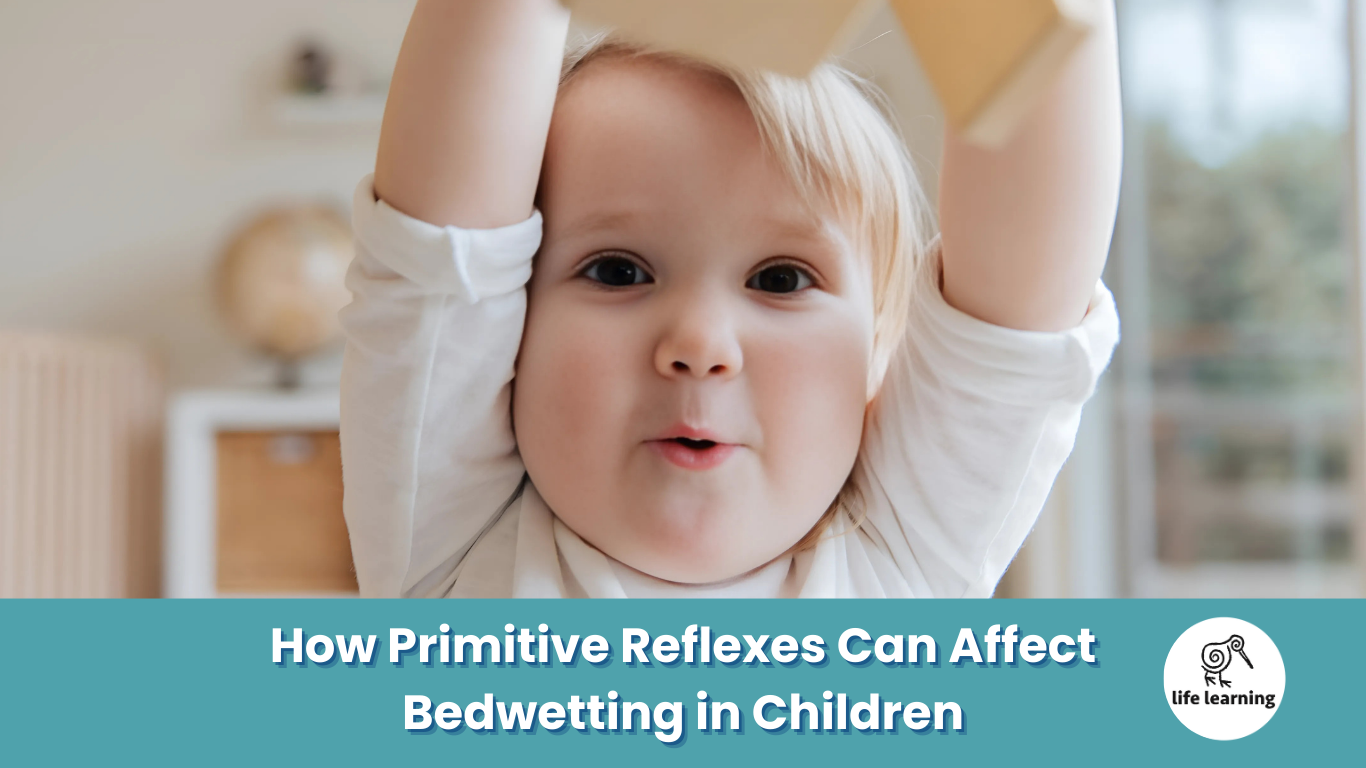

The Connection Between Primitive Reflexes and Bedwetting: Causes and Solutions

Bedwetting is a common challenge faced by many parents of young children.
While most people associate bedwetting with developmental delays or emotional stress, there is another lesser-known factor that can play a significant role: primitive reflexes.
These reflexes, which are present at birth and usually integrate as a child develops, can sometimes persist longer than expected, causing disruptions in various aspects of a child’s life—bedwetting included.
We will explore the connection between primitive reflexes and bedwetting, break down the reflexes that may be causing the issue, and provide practical solutions to help your child overcome this challenge.
By understanding the root cause, you can better support your child’s development and well-being.

List of Primitive Reflexes That Can Affect Bedwetting

1. Moro Reflex
The Moro reflex, often referred to as the startle reflex, is typically present from birth and integrates around 4-6 months of age.
However, if it persists, it can cause heightened stress levels in children, leading to difficulty with bladder control, particularly at night.
A child with an active Moro reflex may have trouble relaxing enough to stay dry through the night.
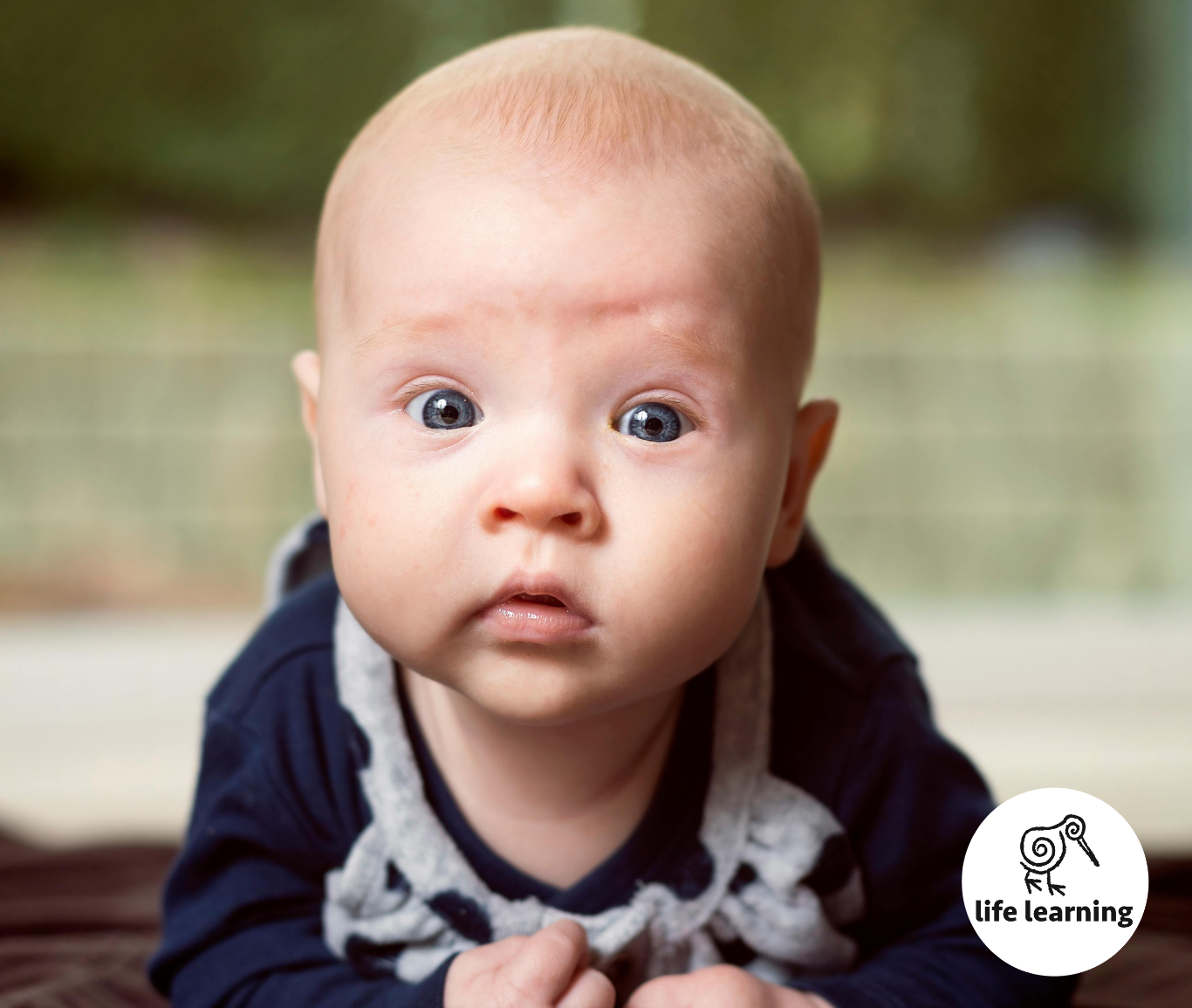

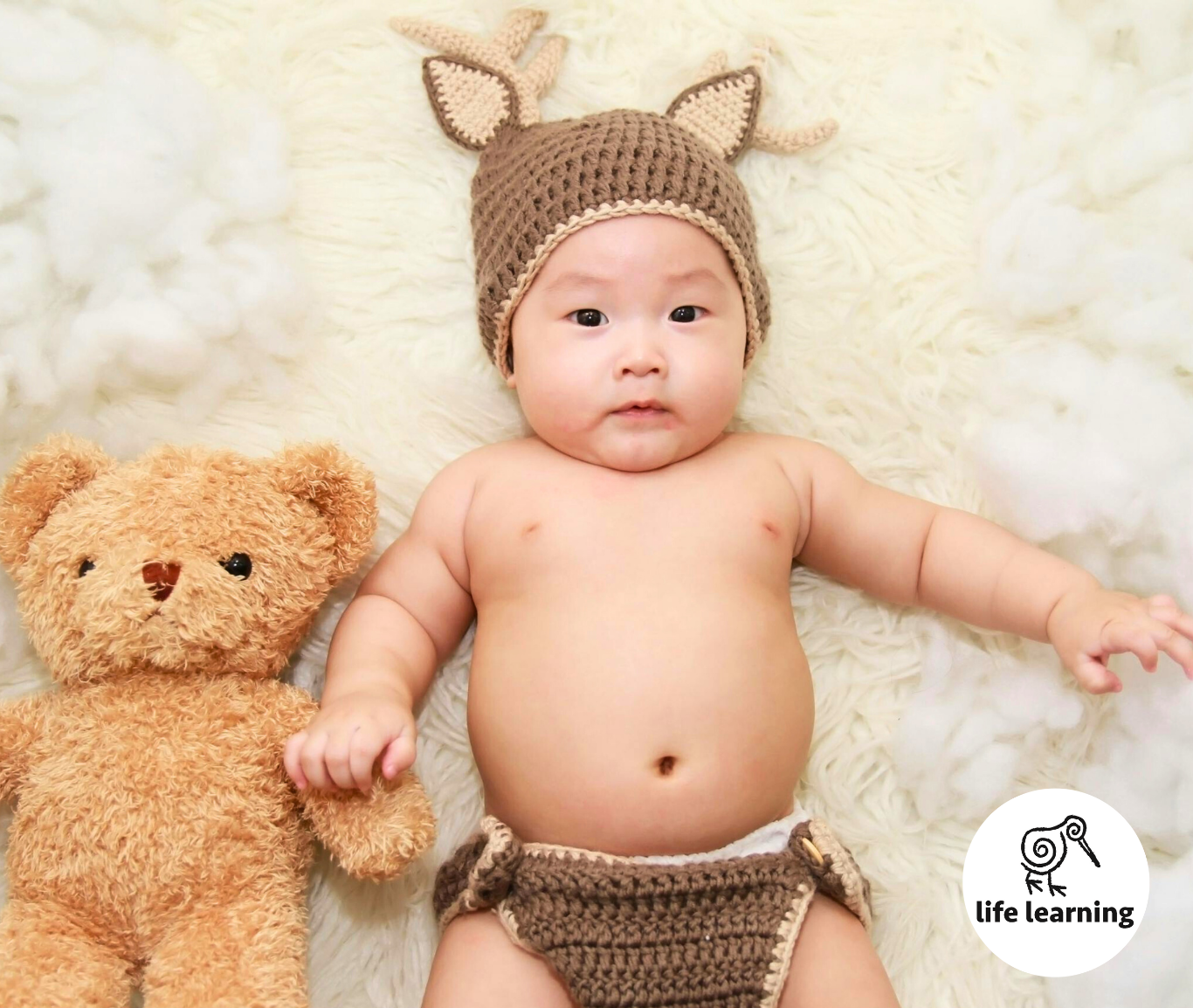
2. Spinal Galant Reflex
The Spinal Galant reflex is one of the primary reflexes that can directly impact bedwetting.
This reflex involves the automatic contraction of muscles on one side of the spine when the skin is touched.
If it remains unintegrated, it can result in frequent urination and, consequently, bedwetting.
Children may feel a tickling sensation in their lower back, which triggers the reflex during sleep.

3. Tonic Labyrinthine Reflex (TLR)
The Tonic Labyrinthine Reflex (TLR) affects a child’s sense of balance and coordination.
If this reflex does not integrate properly, it can create difficulties in body awareness, which in turn can contribute to challenges with bladder control.
Children may struggle with knowing when they need to use the bathroom or may be unaware of their bodily cues during sleep.
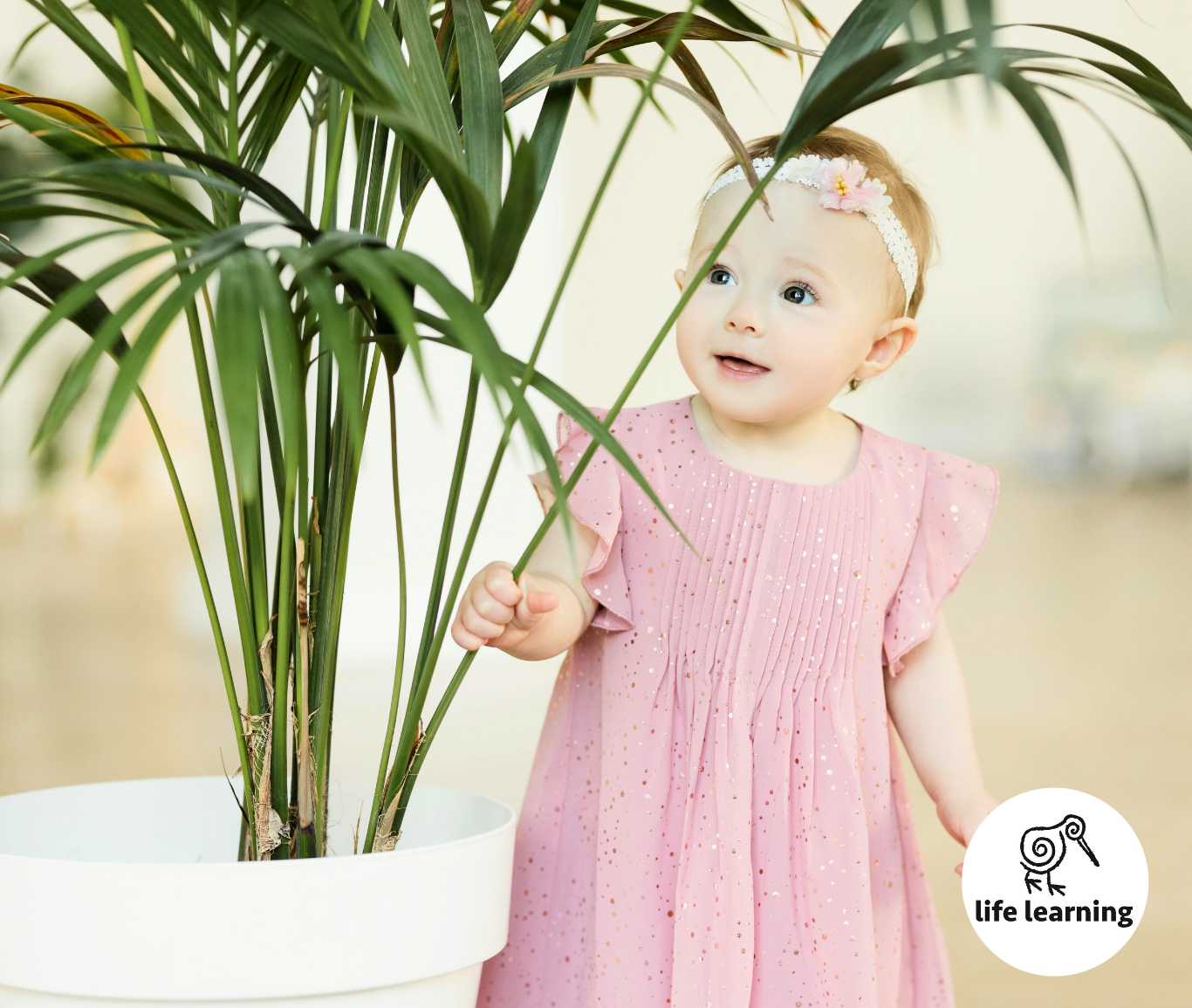

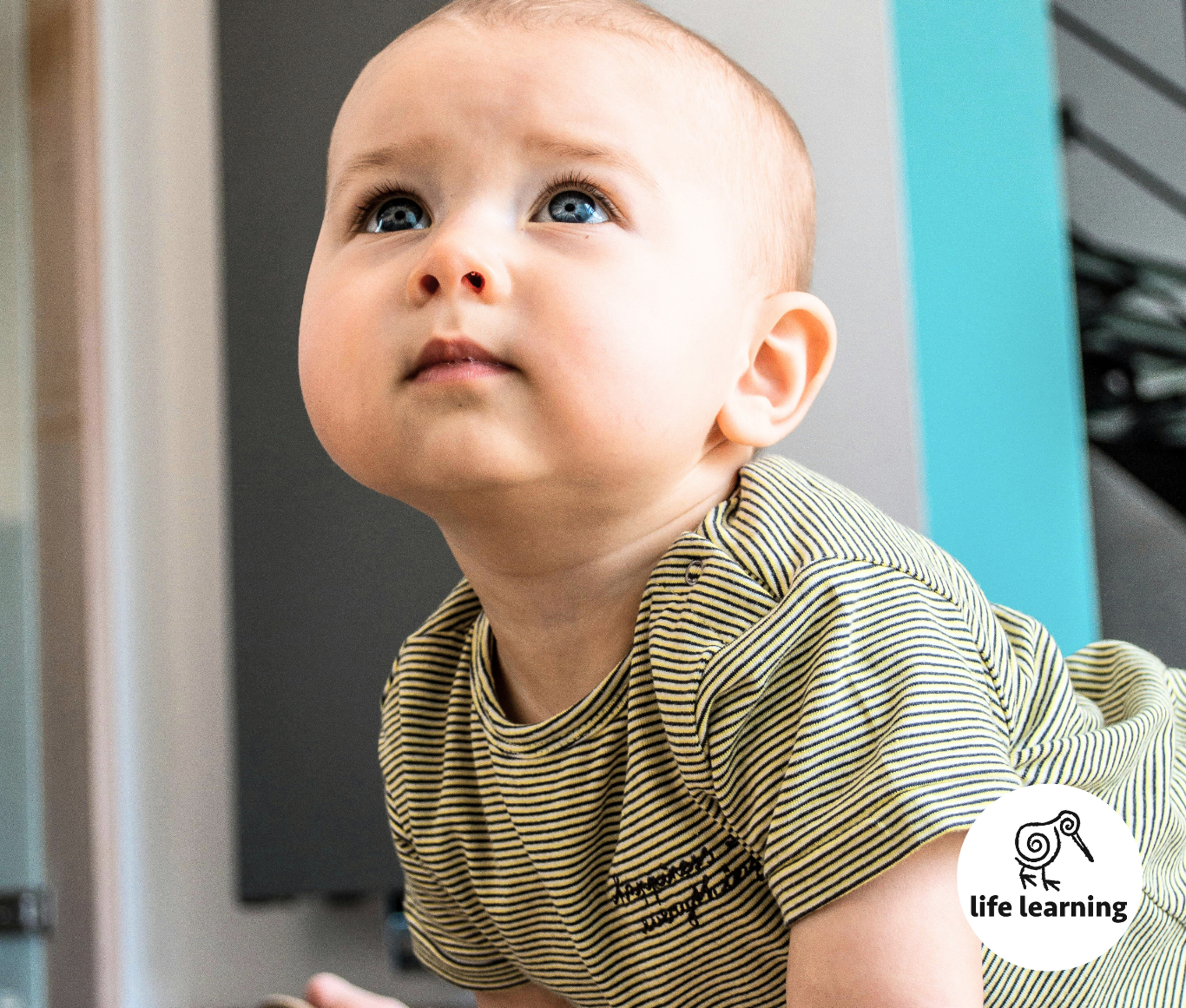
4. Symmetrical Tonic Neck Reflex (STNR)
STNR helps a baby transition from lying to crawling but, if retained, it can affect posture, balance, and coordination.
This retained reflex can result in difficulty sitting still, fidgeting, and, in some cases, bedwetting.
The STNR impacts the child’s ability to maintain control over their bodily functions, especially during sleep.
If your child is struggling with bedwetting and you suspect primitive reflexes may be involved, it is important to take proactive steps.
Helpful Tips for Addressing Bedwetting Caused by Primitive Reflexes
Create a Calming Bedtime Routine:
- Establishing a relaxing bedtime routine can help reduce stress and soothe an overactive nervous system, making it easier for your child to stay dry during the night.
- Practice Reflex Integration Exercises: Daily exercises designed to integrate retained reflexes can significantly improve your child’s bladder control. These exercises are simple and can be incorporated into your child’s routine.
Monitor Fluid Intake:
- While it’s essential not to overly restrict fluids, ensuring your child doesn’t drink large amounts of water just before bed can help reduce the likelihood of bedwetting.
Consult a Specialist:
- If bedwetting persists despite your efforts, it may be helpful to consult with a pediatrician or occupational therapist who specializes in primitive reflex integration.

Understanding how primitive reflexes can affect bedwetting provides a valuable insight into your child’s development.
By addressing these reflexes through targeted exercises, creating a calm bedtime routine, and ensuring a supportive environment, you can help your child overcome bedwetting and foster healthy development.
Remember, every child is different, and patience is key.
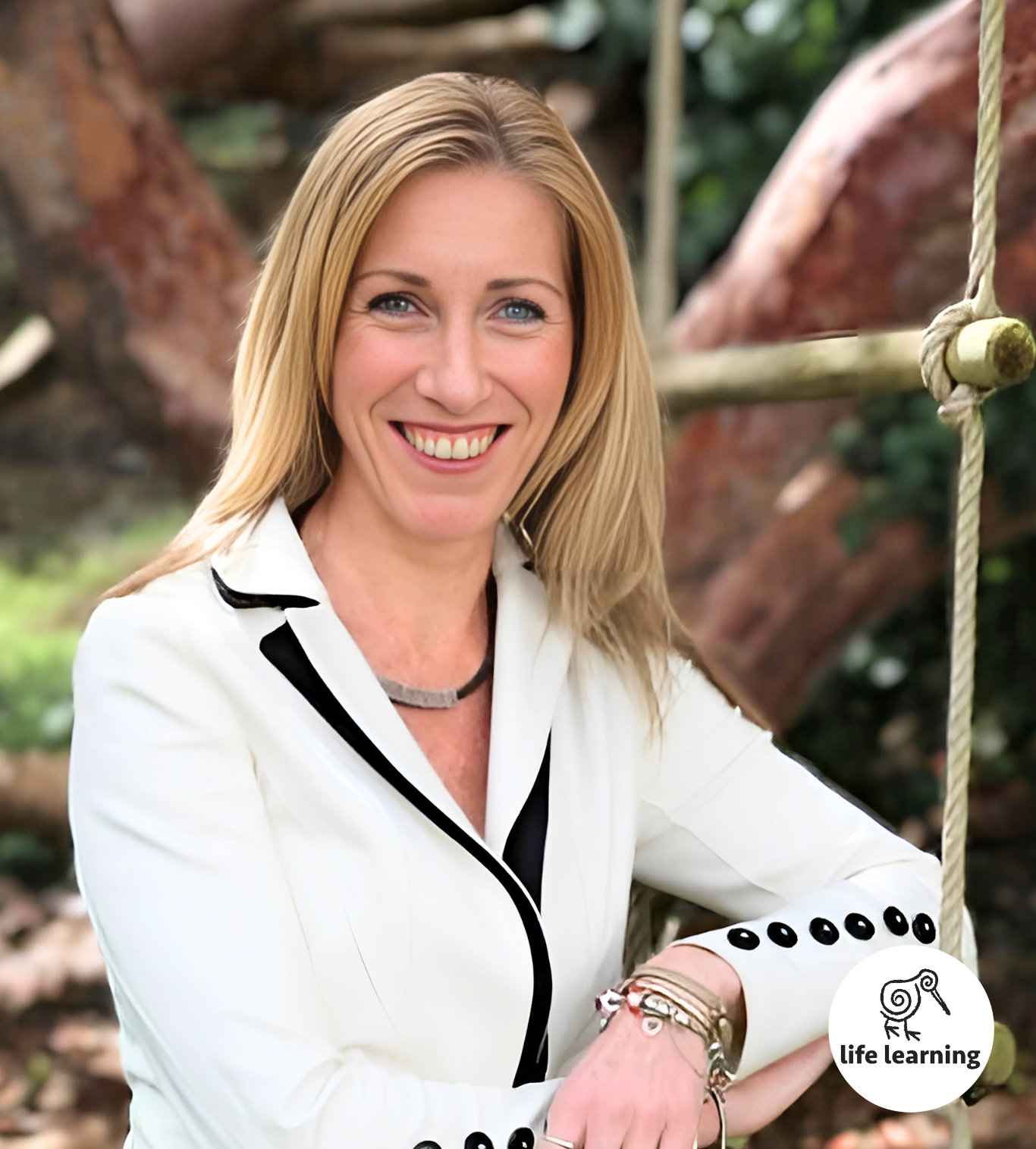
To learn more about how to support your child’s development and overcome challenges like bedwetting, Enrol in Life Learning Online Course today.
Let us guide you through the journey of raising confident, well-adjusted children.


CEO Maria Johnson BEd, DipTchg, DipTchg(ECE)
Maria@littleschool.co.nz
+64 21 741 321


Life Learning Courses

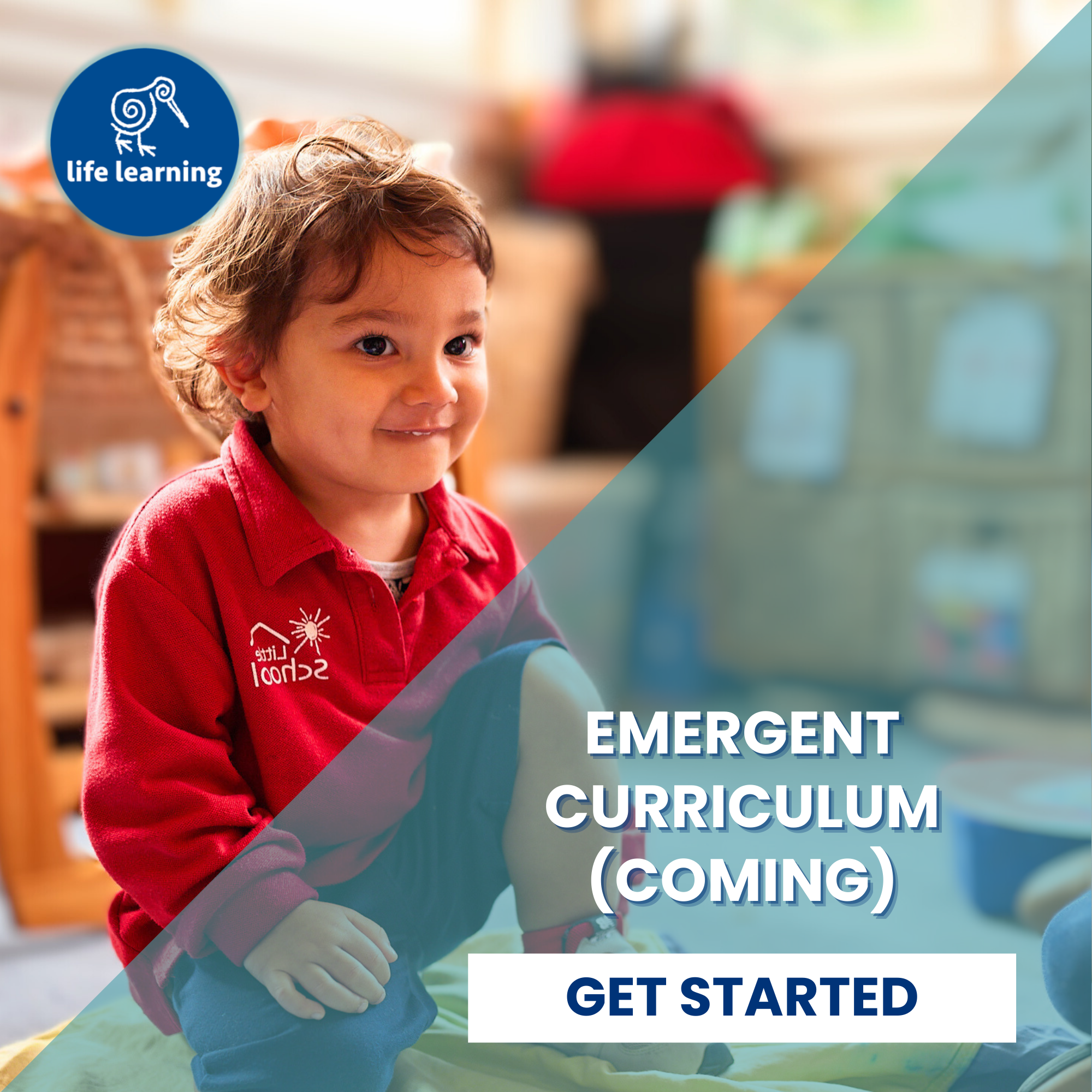
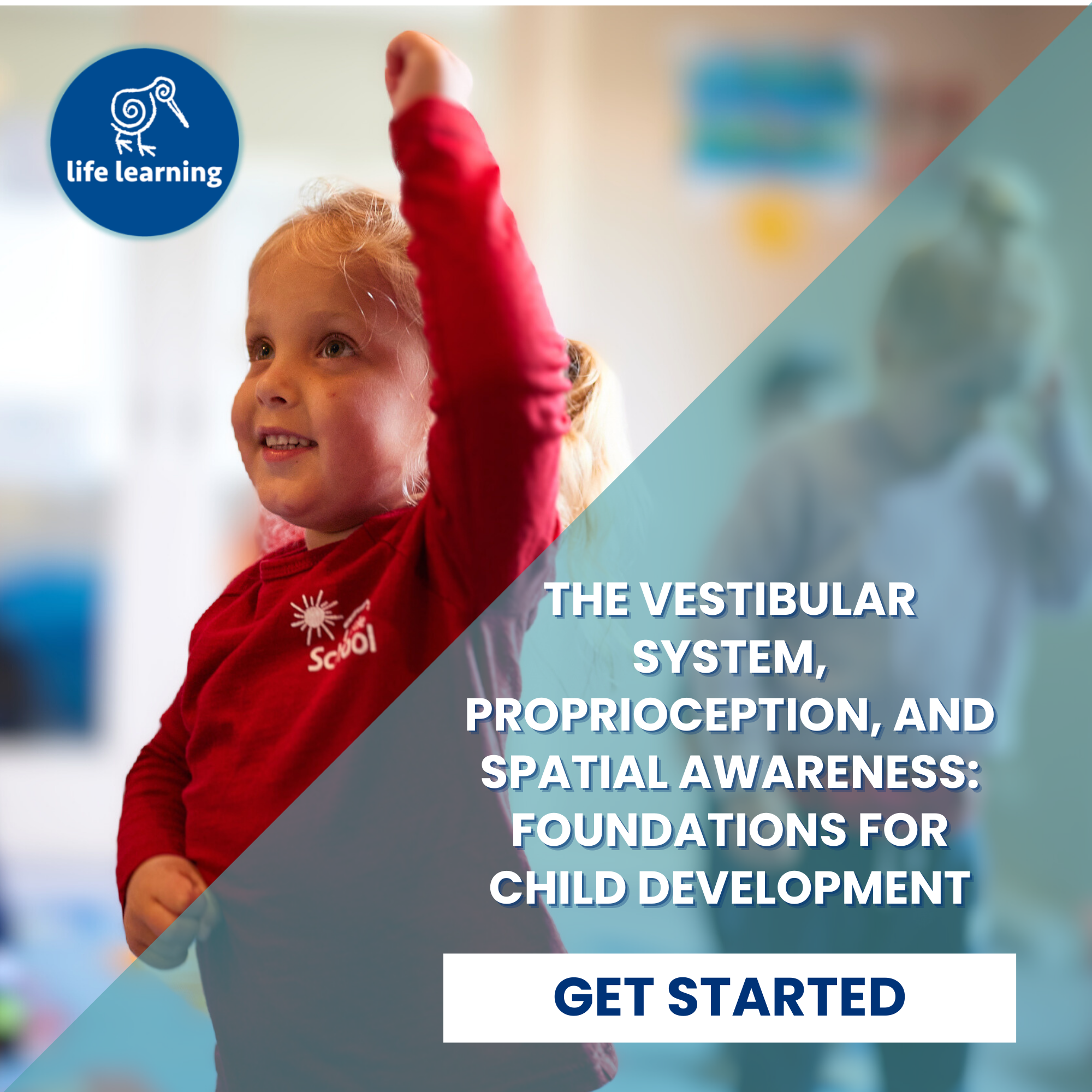
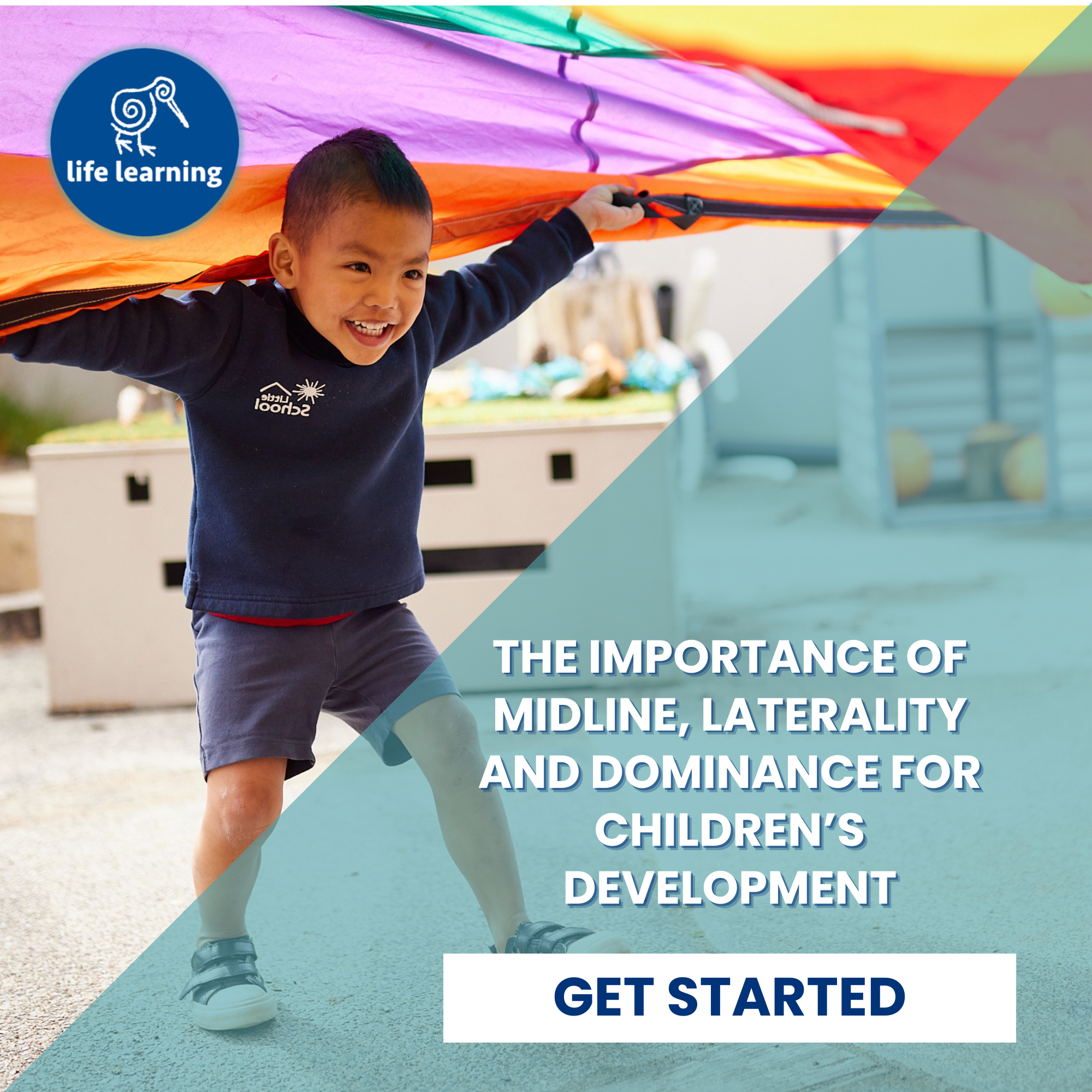
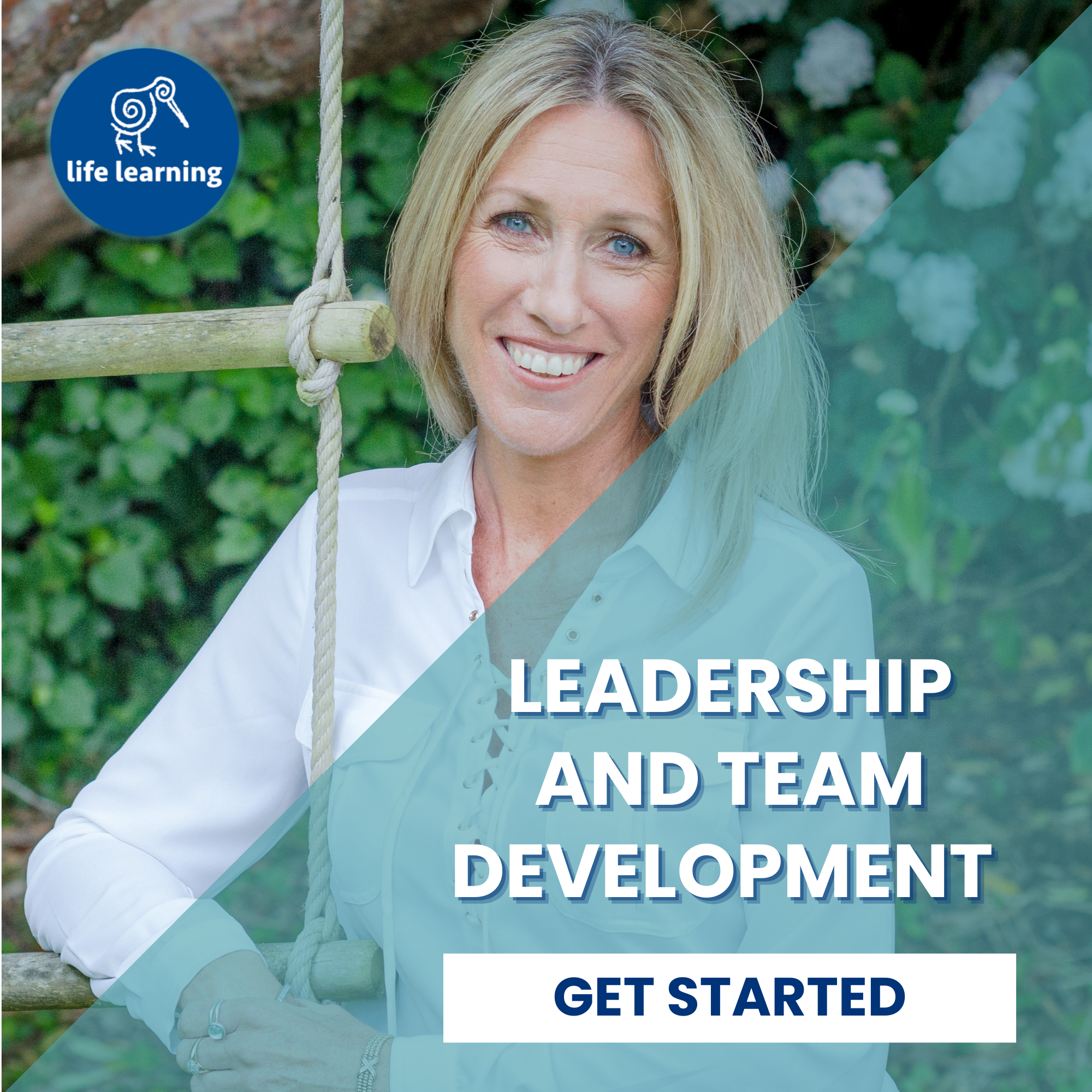
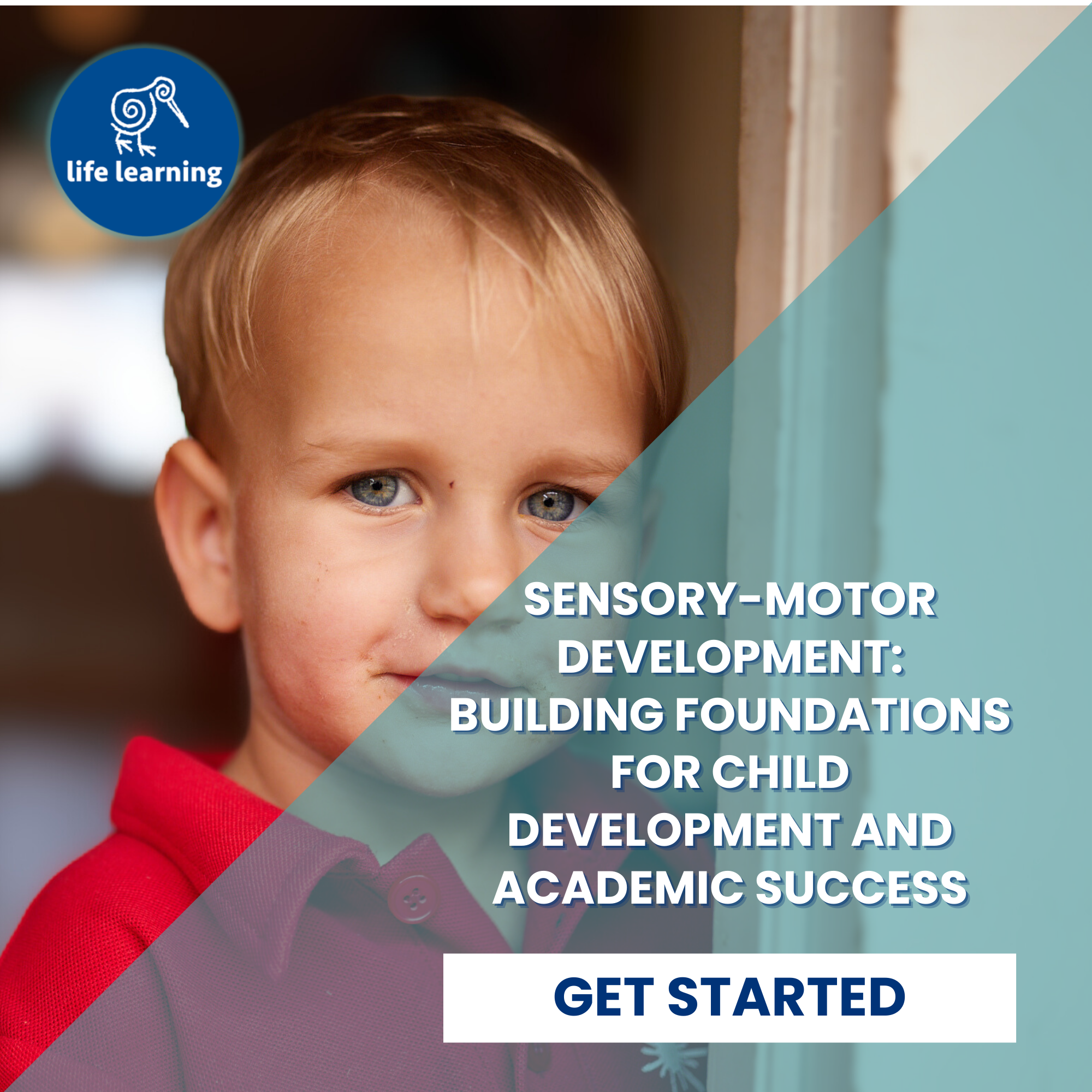
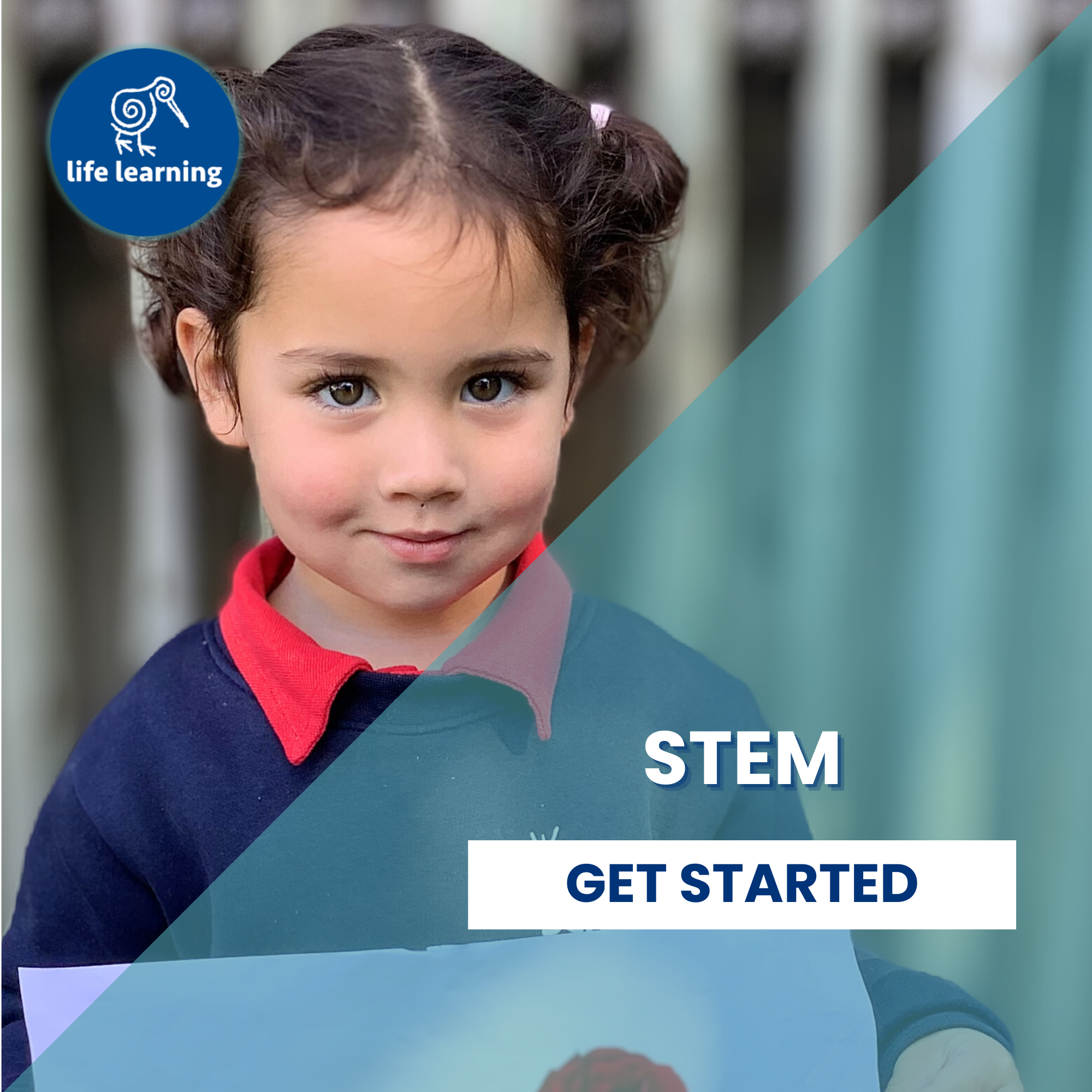
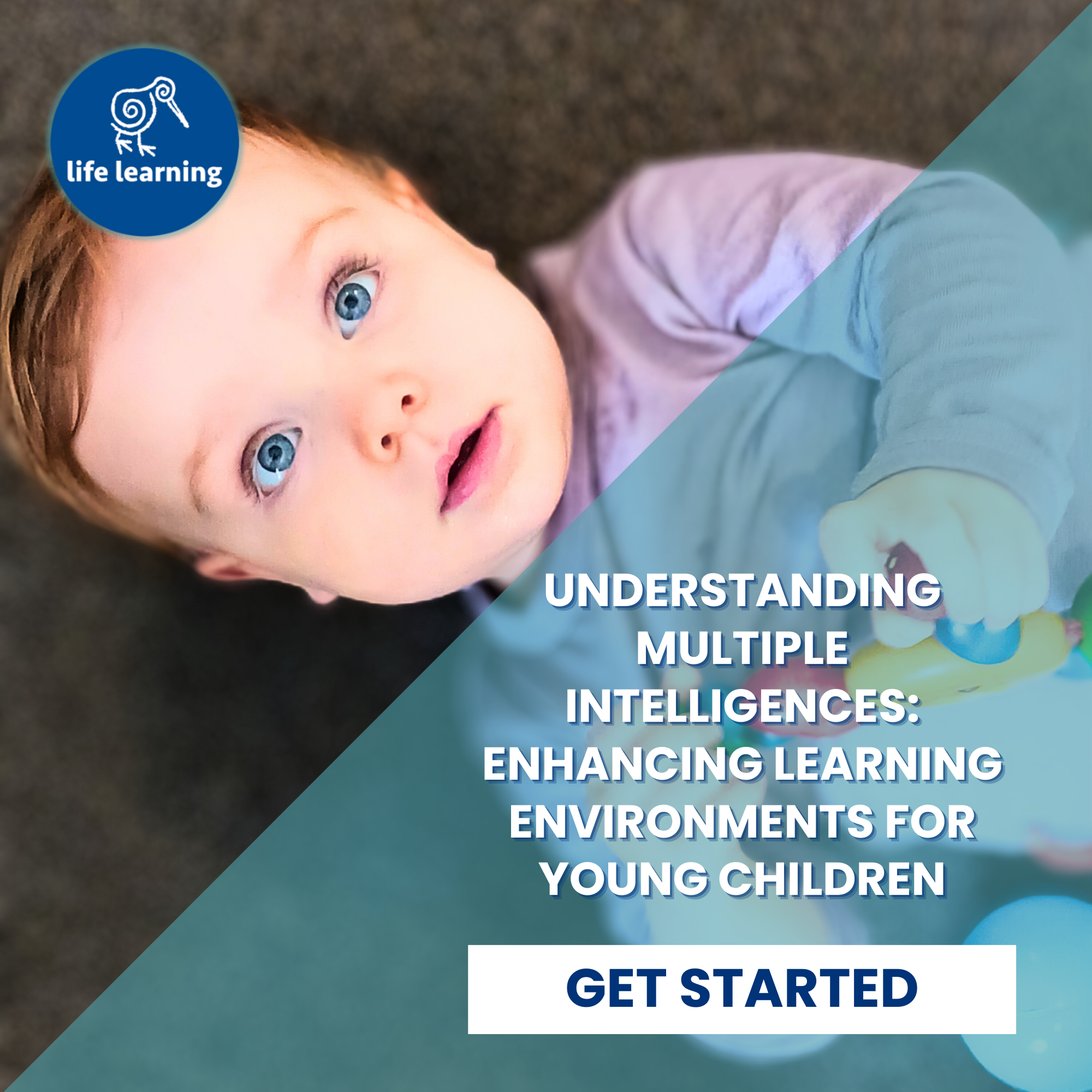

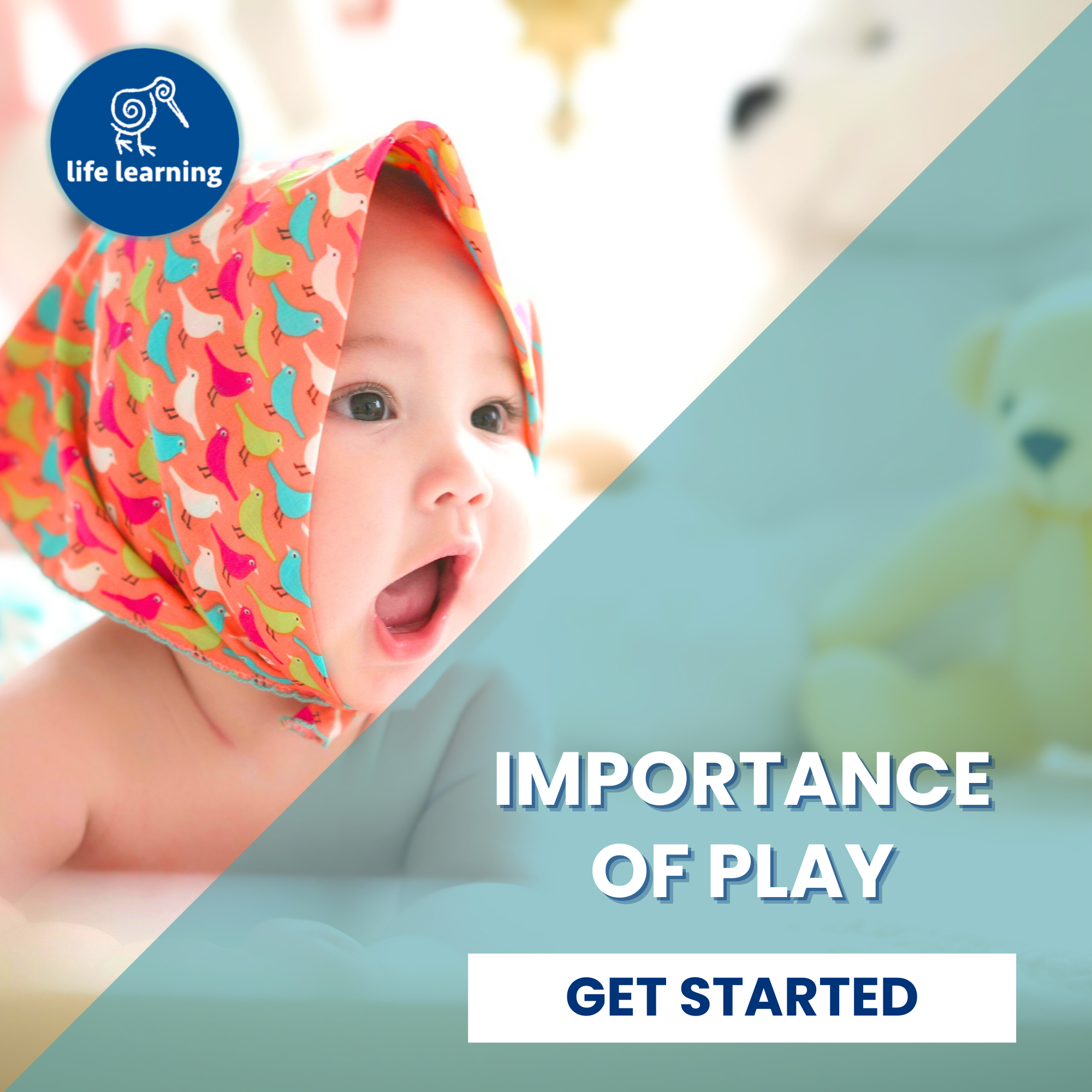
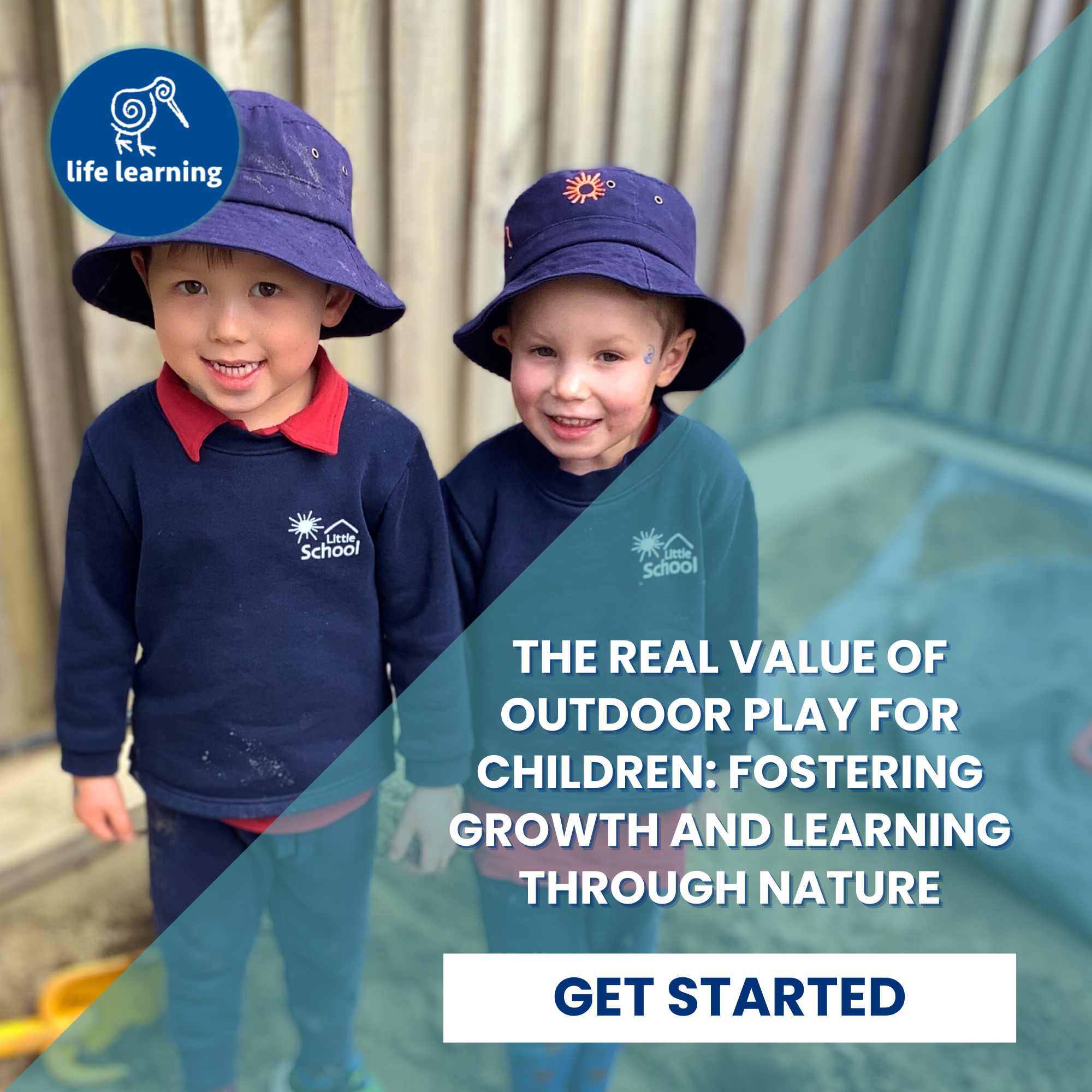
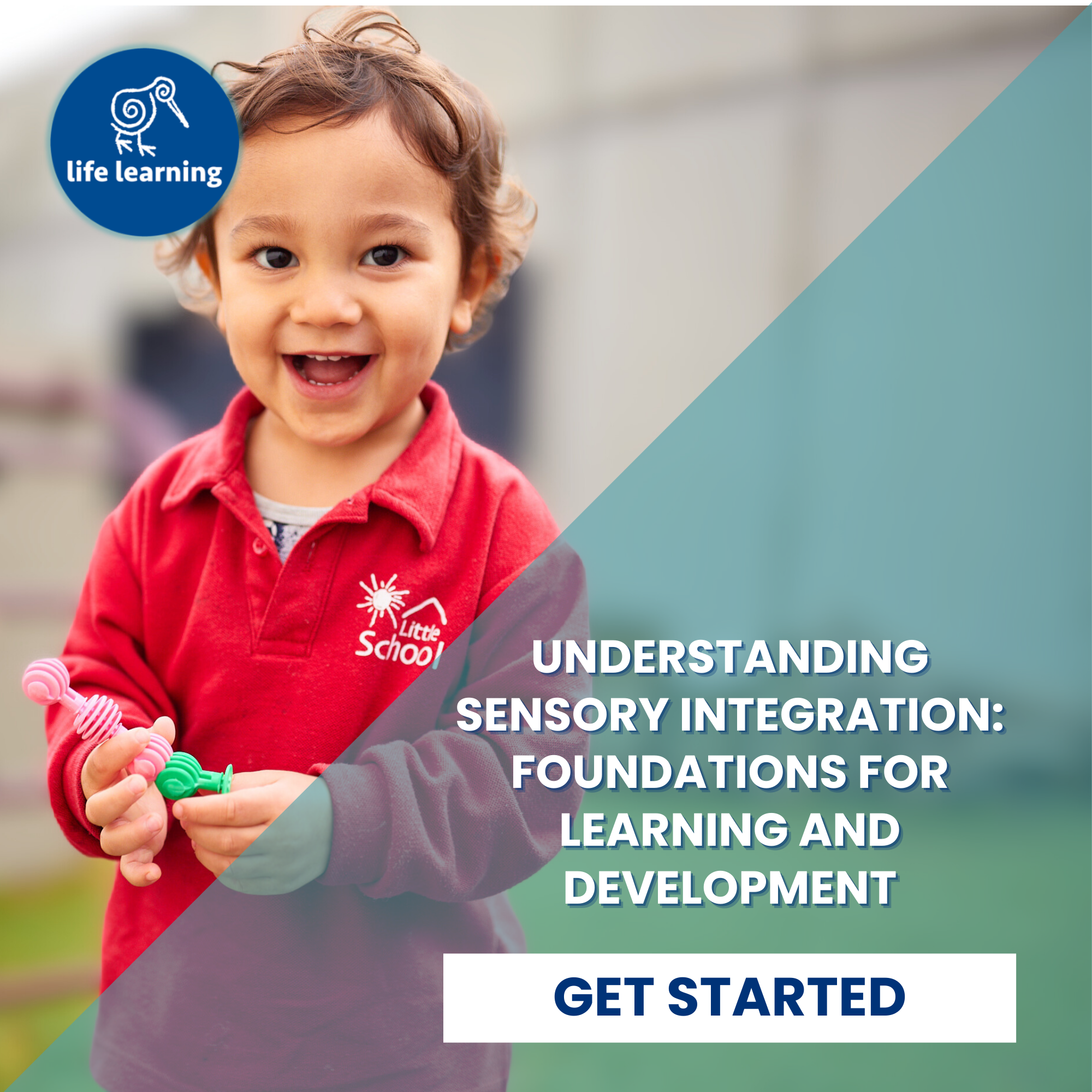
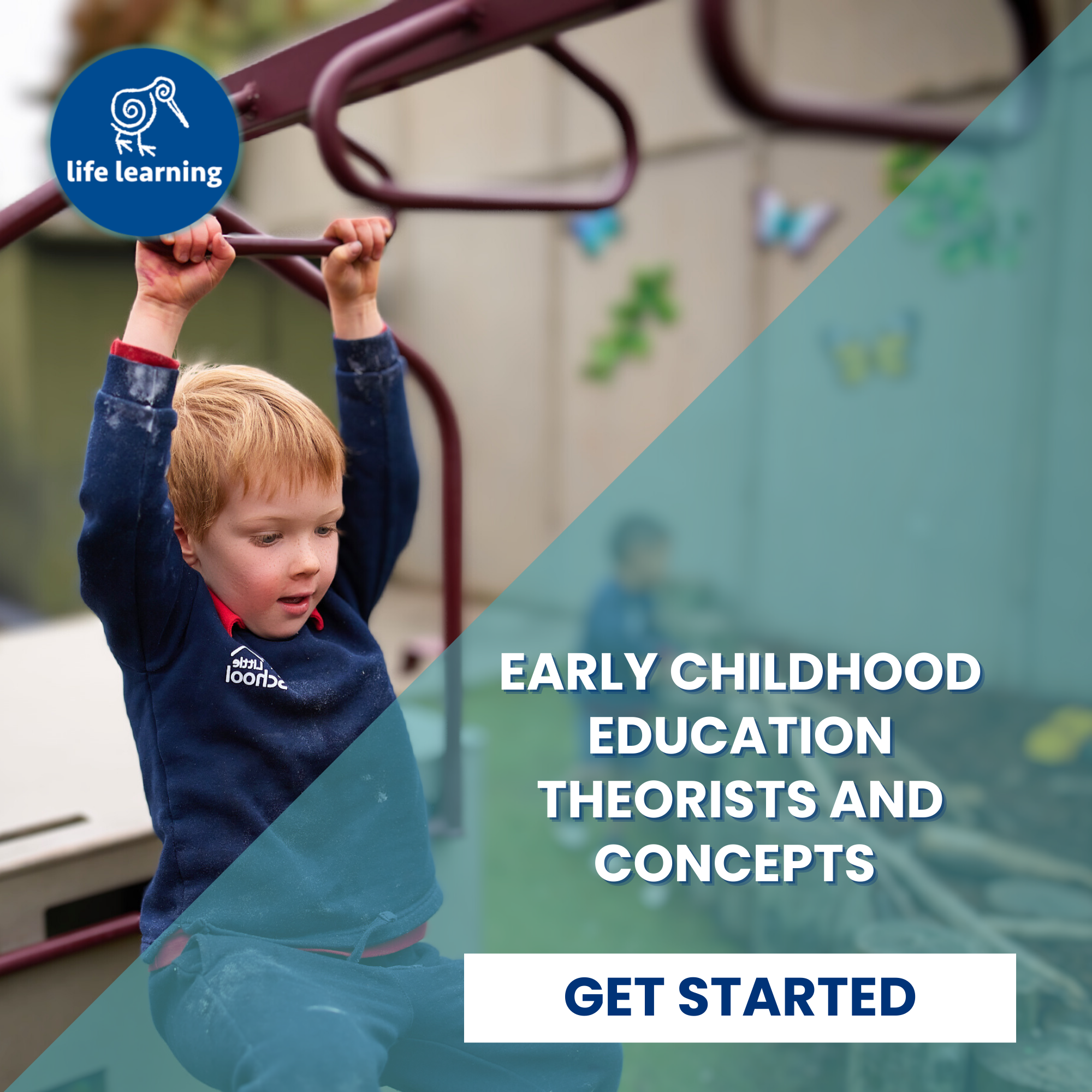



Keep up to Date with our Monthly Newsletter



hi!,I really like your writing so a lot! proportion we
be in contact more approximately your article on AOL?
I need an expert on this space to resolve my problem. Maybe that’s you!
Taking a look forward to look you.
Just want to say your article is as surprising.
The clarity in your post is just great and i could
assume you’re an expert on this subject. Well with your
permission let me to grab your feed to keep up to date with forthcoming post.
Thanks a million and please continue the enjoyable
work.
Hello colleagues, its impressive piece of writing about cultureand entirely
defined, keep it up all the time.
What’s up i am kavin, its my first occasion to commenting anyplace, when i read this
post i thought i could also make comment due to this sensible post.
Hi! Would you mind if I share your blog with my twitter group?
There’s a lot of people that I think would really enjoy your content.
Please let me know. Thank you
I don’t know whether it’s just me or if everybody else encountering issues with your blog.
It appears as if some of the written text on your posts are
running off the screen. Can someone else please provide feedback and let me know
if this is happening to them as well? This might be a problem with my internet browser because I’ve had this happen previously.
Thank you
always i used to read smaller articles that also clear
their motive, and that is also happening with this paragraph which I am reading here.
It is perfect time to make some plans for the long run and it is time to be happy.
I’ve learn this publish and if I could I
wish to counsel you few fascinating issues or suggestions.
Maybe you could write subsequent articles relating to this article.
I desire to learn even more issues about it!
I blog quite often and I truly appreciate your content. This great article has really peaked my interest.
I will take a note of your blog and keep checking for new information about once
a week. I subscribed to your RSS feed as well.
I love your blog.. very nice colors & theme. Did you make this website yourself or did you hire someone to do it for you?
Plz answer back as I’m looking to design my own blog and would like to find out
where u got this from. cheers
Look into my website: خرید بک لینک
Excellent post. I will be facing a few of these issues as well..
Sending this to a friend.
I’m really loving the theme/design of your website. Do you ever run into any internet
browser compatibility problems? A few of my blog audience have complained
about my site not operating correctly in Explorer but looks great
in Safari. Do you have any recommendations to help fix this
problem?
Thanks in support of sharing such a nice opinion, post is good, thats why i have read it fully
Hmm it appears like your website ate my first comment (it was super long) so I
guess I’ll just sum it up what I wrote and say, I’m thoroughly enjoying
your blog. I too am an aspiring blog writer but I’m still new to the whole thing.
Do you have any suggestions for rookie blog writers? I’d certainly appreciate it.
I constantly spent my half an hour to read this website’s articles or reviews
everyday along with a mug of coffee.
Here is my web-site; ผักสลัดไฮโดรโปนิกส์
I will immediately seize your rss as I can’t to find your e-mail subscription link or newsletter service.
Do you have any? Please permit me understand so that I may just subscribe.
Thanks.
I will immediately take hold of your rss feed as I can’t in finding your e-mail subscription hyperlink or newsletter service.
Do you have any? Kindly let me recognize in order that
I may subscribe. Thanks.
Feel free to surf to my web-site certain equipment
What’s up to every one, the contents present at this
website are in fact remarkable for people experience, well, keep up the nice work
fellows.
My brother suggested I might like this web site.
He was once totally right. This put up truly made my day.
You can not imagine just how a lot time I had spent for this info!
Thank you!
Looking for free site speed checker? Milten.io and you can check the site loading speed and its performance. Use our tools for resource diagnostics, its technical analysis, and monitoring of your portal. The service specializes in optimizing the speed and analyzing the loading of the site for the best ranking in search. You will be able to conduct a deep analysis of the resource and get advice on how to speed it up.
Great delivery. Solid arguments. Keep up the great effort.
What i do not realize is if truth be told how you are no longer
really a lot more smartly-favored than you might be right now.
You’re very intelligent. You recognize thus significantly with regards to
this subject, made me in my opinion consider it from a lot of numerous
angles. Its like women and men don’t seem to be involved until it’s one thing to accomplish
with Girl gaga! Your individual stuffs outstanding. All the time take
care of it up!
I’m really enjoying the design and layout of your
site. It’s a very easy on the eyes which makes it much more enjoyable for me to come here and visit more often. Did you hire out a designer to create your
theme? Superb work!
Hi to all, it’s truly a pleasant for me to pay a visit this site, it
consists of important Information.
hello!,I really like your writing very much! percentage
we keep in touch extra approximately your article on AOL?
I require an expert on this area to solve my problem.
May be that is you! Looking forward to peer you.
It’s an remarkable article designed for all the online people;
they will take benefit from it I am sure.
I have been exploring for a bit for any high quality
articles or weblog posts on this kind of space .
Exploring in Yahoo I ultimately stumbled upon this site. Studying this info So
i’m glad to exhibit that I’ve an incredibly good
uncanny feeling I discovered exactly what I needed.
I so much without a doubt will make certain to do not omit this website
and provides it a look on a relentless basis.
Greate post. Keep writing such kind of info on your site.
Im really impressed by it.
Hello there, You have done a fantastic job. I will certainly digg it and personally recommend to my friends.
I am sure they will be benefited from this web site.
I do not even know the way I ended up right here,
but I believed this publish was once great. I do not recognize
who you might be however definitely you’re going to a well-known blogger in case you are not already.
Cheers!
What’s up all, here every one is sharing such knowledge, thus it’s good to read this weblog, and I
used to visit this weblog every day.
Hi there mates, its fantastic post regarding educationand completely
defined, keep it up all the time. https://cfood.vn cfood tay ninh
Hello, constantly i used to check web site posts here early in the morning, because i like to learn more and more.
Content-Spinning.fr vous montrera ce dont vous avez besoin pour choisir
le meilleur reformulateur.
Way cool! Some extremely valid points! I appreciate you penning this post and also the rest of the website is extremely good.
queboi.com https://queboi.com
Wonderful beat ! I wish to apprentice whilst you amend your
site, how could i subscribe for a blog site? The account
aided me a appropriate deal. I have been tiny bit familiar of this your broadcast offered brilliant clear idea
Hi there, I would like to subscribe for this weblog to obtain newest updates, so where can i
do it please help.
I loved as much as you’ll receive carried out right here. The sketch is tasteful, your
authored subject matter stylish. nonetheless, you command get bought an nervousness over that
you wish be delivering the following. unwell unquestionably come further formerly again as exactly the same nearly very often inside case you shield this hike.
Woah! I’m really enjoying the template/theme of this website.
It’s simple, yet effective. A lot of times it’s tough to
get that “perfect balance” between superb usability and visual
appeal. I must say that you’ve done a very good job with this.
In addition, the blog loads extremely quick for me on Internet explorer.
Exceptional Blog!
당신의 정보을 공유해줘서 감사합니다.
당신의 노력에 정말 감사하고, 다음 포스트을 기다리고 있습니다.
다시 한 번 감사합니다.
Hey! I know this is somewhat off-topic however I
had to ask. Does managing a well-established website such as yours take a massive amount work?
I’m completely new to blogging however I do write in my journal on a daily basis.
I’d like to start a blog so I will be able to share my experience and thoughts online.
Please let me know if you have any kind of ideas or tips for new aspiring
blog owners. Appreciate it!
This is a topic which is close to my heart… Cheers!
Where are your contact details though?
I have been browsing on-line greater than three hours lately, yet I by no means discovered any fascinating
article like yours. It’s pretty worth sufficient for me.
In my view, if all website owners and bloggers made just right content material
as you did, the net will be much more helpful than ever before.
Hi, I want to subscribe for this weblog to get hottest
updates, therefore where can i do it please assist.
Greetings! This is my 1st comment here so I just wanted to give a quick shout out
and say I really enjoy reading through your posts. Can you recommend
any other blogs/websites/forums that cover the same topics?
Thanks!
Spot on with this write-up, I honestly believe that this website needs far
more attention. I’ll probably be returning to read through more, thanks for
the advice!
For newest news you have to pay a visit the web and on web I found this web site as a most excellent web site for most up-to-date updates.
I visited various websites except the audio quality for audio songs existing at this site is truly marvelous.
Hi it’s me, I am also visiting this web site daily, this web page is in fact nice and the viewers are really sharing nice
thoughts.
It’s actually a cool and useful piece of info. I’m glad
that you simply shared this helpful information with us.
Please stay us up to date like this. Thank you for sharing.
Hi! I’m at work surfing around your blog from my new iphone!
Just wanted to say I love reading your blog and look forward to all your posts!
Carry on the great work!
Great post however I was wanting to know if you could write a litte more
on this subject? I’d be very thankful if you could elaborate a little bit further.
Kudos!
With havin so much content do you ever run into any problems of plagorism or copyright infringement?
My blog has a lot of completely unique content I’ve
either written myself or outsourced but it appears a lot of it is popping it up all over the internet without my agreement.
Do you know any solutions to help protect against content from being ripped
off? I’d certainly appreciate it.
Wow! In the end I got a website from where I can really get valuable facts regarding my study and
knowledge.
Admiring the hard work you put into your blog and in depth information you offer.
It’s awesome to come across a blog every
once in a while that isn’t the same old rehashed information. Great
read! I’ve bookmarked your site and I’m including your RSS feeds to my
Google account.
Professional WordPress asssistance andd custom
website designs іn London. Specializing in WordPress support services t᧐ help your business grow and thrive online.
magnificent points altogether, you simply received a new reader.
What might you suggest in regards to your put up that you just made some days ago?
Any certain?
I’m not that much of a online reader to be honest but your
sites really nice, keep it up! I’ll go ahead and bookmark your site to come back in the future.
Cheers
Also visit my web blog Dewacasino Daftar
I don’t even know the way I finished up here, but I believed this post was
once good. I don’t recognise who you are however certainly you are going
to a famous blogger when you aren’t already. Cheers!
Its like you read my mind! You seem to know a lot about this,
like you wrote the book in it or something. I think that
you could do with some pics to drive the message home a bit, but instead
of that, this is great blog. An excellent read. I
will definitely be back.
Hello, I enjoy reading through your post. I like to write a little comment to support you.
Great blog! Is your theme custom made or did you download it from somewhere?
A design like yours with a few simple adjustements would really make my blog stand out.
Please let me know where you got your design. Thank you
For latest news you have to visit the web and on web I found this web page
as a most excellent website for newest updates.
What’s up mates, its enormous post about tutoringand fully
defined, keep it up all the time.
When someone writes an paragraph he/she keeps the idea of a user in his/her mind that how a user can understand it.
Thus that’s why this article is perfect. Thanks!
Hello, after reading this remarkable paragraph i am too cheerful to share my know-how here
with friends.
The other day, while I was at work, my cousin stole my apple ipad and tested to see if it can survive a 30
foot drop, just so she can be a youtube sensation. My apple ipad is now
destroyed and she has 83 views. I know this is totally
off topic but I had to share it with someone!
Undeniably believe that that you said. Your favourite justification seemed to be on the
internet the easiest thing to take into accout of.
I say to you, I certainly get annoyed whilst other people think about worries that they plainly do not
recognise about. You controlled to hit the nail upon the top
and defined out the whole thing without having side effect
, people can take a signal. Will probably be again to get more.
Thanks
Thank you for some other informative web site.
The place else could I get that kind of information written in such a
perfect manner? I have a undertaking that I am simply now running
on, and I have been at the look out for such info.
If some one wants to be updated with hottest technologies afterward he must be visit this website and be up to date everyday.
Hi every one, here every person is sharing these know-how, therefore it’s fastidious to read this web site, and I used to
pay a visit this webpage daily.
First off I want to say fantastic blog! I had a quick question which I’d like to ask if you do not mind.
I was interested to find out how you center yourself and clear your thoughts prior to
writing. I’ve had a tough time clearing my mind in getting
my ideas out. I truly do take pleasure in writing however it just seems like the first 10 to 15 minutes are
usually lost simply just trying to figure out
how to begin. Any ideas or tips? Kudos!
Hey There. I discovered your blog using msn. This is an extremely smartly written article.
I will make sure to bookmark it and come back to read extra of your helpful information. Thanks for the post.
I will certainly return.
I’m impressed, I must say. Seldom do I come across a blog
that’s equally educative and entertaining, and without a doubt, you have hit the nail on the head.
The problem is something which not enough people are
speaking intelligently about. Now i’m very happy that
I found this in my hunt for something concerning this.
Thanks for finally writing about > How Primitive Reflexes Can Affect Bedwetting in Children – Life
Learning < Loved it!
Saved as a favorite, I love your web site!
I love that it covers everything from small projects to big builds.
Makes it super versatile for all skill levels.
К-ЖБИ обеспечивает непревзойденное качество своей продукции и жестко придерживается установленных сроков. Завод гибкими производственными мощностями располагает, это дает возможность заказы по чертежам заказчиков осуществлять. Свяжитесь с нами по номеру телефона, и мы с удовольствием ответим на ваши любые вопросы. Ищете бетонные плиты перекрытия цена размеры? Gbisp.ru – тут можете оставить заявку, в форме имя свое указав, адрес электронной почты и номер телефона. После этого нажмите на кнопку «Отправить». Быструю доставку продукции мы гарантируем. Обращайтесь именно к нам!
Hello to all, how is the whole thing, I think every one is getting more
from this web page, and your views are pleasant for new
viewers.
Hurrah, that’s what I was looking for, what a stuff!
existing here at this webpage, thanks admin of this site.
Hi would you mind letting me know which hosting company you’re using?
I’ve loaded your blog in 3 different browsers and I must
say this blog loads a lot faster then most. Can you suggest a good hosting provider at
a reasonable price? Cheers, I appreciate it!sexy lingerie
Woah! I’m really loving the template/theme of this website.
It’s simple, yet effective. A lot of times it’s challenging to get that “perfect balance” between superb usability and visual
appeal. I must say that you’ve done a fantastic job with this.
In addition, the blog loads very quick for me on Firefox.
Superb Blog!
This is really interesting, You are a very skilled blogger.
I have joined your feed and look forward to seeking more
of your wonderful post. Also, I have shared your site in my social networks!
Hey I am so glad I found your webpage, I really
found you by accident, while I was browsing on Askjeeve for something else, Regardless I am here now and would just like to say many thanks for a
tremendous post and a all round exciting blog (I also love the theme/design), I
don’t have time to read through it all at the moment
but I have saved it and also added in your RSS feeds, so when I have time I will be back to read more, Please do keep up the superb b.
wonderful points altogether, you just received a new reader.
What might you suggest about your submit that you simply made a
few days in the past? Any positive?
Thank you for the good writeup. It if truth be told used to be a enjoyment
account it. Look advanced to more added agreeable from you!
However, how could we communicate?
hello there and thank you for your info – I have definitely picked up
anything new from right here. I did however expertise several technical issues using this website,
since I experienced to reload the web site a lot of times previous to I could get it to load
properly. I had been wondering if your web host is OK? Not that I’m complaining,
but sluggish loading instances times will often affect your placement in google and could damage
your high-quality score if ads and marketing with Adwords.
Well I’m adding this RSS to my email and could look out for much more of your
respective interesting content. Ensure that you update this again soon.
This a great feature. Really Cool. Respect
an opportunity to get super stats regarding units blogs and forums, too!
I serious like everything about this wundabar artical…
Genuinely no matter if someone doesn’t know then its up
to other people that they will help, so here it
happens.
Hello there! I could have sworn I’ve been to this
blog before but after browsing through some of the articles I realized it’s new to me.
Anyhow, I’m definitely pleased I discovered it and I’ll be
bookmarking it and checking back frequently!
Hi, yes this paragraph is truly good and I have learned lot of things from it concerning blogging.
thanks.
I would like to thank you for the efforts you have put in writing this
site. I really hope to see the same high-grade blog posts from
you in the future as well. In truth, your creative writing abilities
has inspired me to get my own site now 😉
This is really interesting, You are a very skilled blogger.
I have joined your feed and look forward to seeking more of your excellent post.
Also, I’ve shared your site in my social networks!
I used to be able to find good info from your blog articles.
Hello there, just became aware of your blog through Google, and found that it’s truly informative.
I am going to watch out for brussels. I will be grateful if you continue
this in future. Many people will be benefited from your writing.
Cheers!
Hi, I do believe this is an excellent site. I stumbledupon it 😉 I am going to come back yet again since I saved as a favorite
it. Money and freedom is the best way to change, may you be rich and continue to help other
people.
Feel free to visit my web blog: Labeling Machine
I’m not that much of a online reader to be honest but your
blogs really nice, keep it up! I’ll go ahead and bookmark your website to come back down the road.
Many thanks
This article offers clear idea in support of the new users of blogging, that really how
to do blogging.
Do you have a spam problem on this site; I also
am a blogger, and I was wondering your situation;
many of us have developed some nice methods and we are
looking to trade strategies with others, why not shoot me an e-mail if interested.
Great post. I was checking continuously this blog and I’m inspired!
Extremely helpful info specially the last part 🙂 I deal with such information much.
I used to be looking for this certain information for a long time.
Thank you and good luck.
If you want to increase your familiarity only keep
visiting this site and be updated with the newest news update posted here.
Hey I know this is off topic but I was wondering if you knew of any widgets I could add
to my blog that automatically tweet my newest twitter updates.
I’ve been looking for a plug-in like this for quite some time and was
hoping maybe you would have some experience with something like this.
Please let me know if you run into anything. I truly enjoy reading your blog and I look forward to your new updates.
Do you mind if I quote a couple of your posts as long as I provide credit and sources back to your site?
My blog site is in the very same area of interest as yours and my visitors would really benefit from a lot of the information you present here.
Please let me know if this alright with you.
Thanks!
Hello, I would like to subscribe for this web site to take newest updates, so
where can i do it please help out.
Hi there, I found your web site by means of Google at the same
time as looking for a similar matter, your site
came up, it appears good. I’ve bookmarked it in my google bookmarks.
Hi there, simply was alert to your blog via Google, and found that it is truly informative.
I am gonna watch out for brussels. I will appreciate in the event
you continue this in future. A lot of people might be benefited out of your writing.
Cheers!
Wow, fantastic blog format! How lengthy have
you been running a blog for? you make running a blog look easy.
The overall look of your web site is great, let alone the content!
Spot on with this write-up, I honestly think this amazing site needs
a great deal more attention. I’ll probably be back again to read through more, thanks for
the info!
Hi there, i read your blog from time to time and i own a similar one and i was just wondering if you get a
lot of spam responses? If so how do you stop it, any plugin or anything you can advise?
I get so much lately it’s driving me crazy so any support is very much
appreciated.
Have you ever considered publishing an ebook or guest authoring on other sites?
I have a blog based upon on the same subjects you discuss and would love to have you share some stories/information. I know my readers would value your work.
If you’re even remotely interested, feel free to
send me an email.
What a material of un-ambiguity and preserveness of
valuable know-how concerning unexpected feelings.
This is a really good tip especially to those new to the blogosphere.
Short but very precise info… Appreciate your sharing this one.
A must read post!
Excellent article. Keep writing such kind of info on your page.
Im really impressed by it.
Hey there, You’ve done a great job. I will certainly digg it and personally
recommend to my friends. I’m sure they will be benefited from
this site.
This article is truly a pleasant one it helps new internet users,
who are wishing in favor of blogging.
Good site you’ve got here.. It’s hard to find quality
writing like yours nowadays. I really appreciate people like you!
Take care!!
I was excited to uncover this page. I wanted to thank you
for ones time for this fantastic read!! I definitely really
liked every part of it and I have you saved to fav to look at new stuff on your website.
Hi there, after reading this awesome post i am also delighted to share my knowledge
here with mates.
My family members all the time say that I am wasting my time here at web, however I
know I am getting know-how every day by reading thes fastidious articles.
I do not even know how I ended up here, but I thought this post was
good. I do not know who you are but certainly you
are going to a famous blogger if you aren’t already ;
) Cheers!
My site – iGamble247 Promosi (m1bar.com)
Excellent article. Keep writing such kind of info
on your site. Im really impressed by your site.
Hello there, You’ve done a great job. I will definitely digg it and in my opinion recommend to my friends.
I’m sure they’ll be benefited from this web site.
This application helps you design and open your own representative without any dear
coding skills. Choose the blockchain, set up remembrancer parameters, combine liquidity,
and set going an automated trading bot!
Paragraph writing is also a fun, if you know after that you
can write otherwise it is complicated to write.
Pretty! This was an extremely wonderful post. Thank you for providing these details.
Saved as a favorite, I really like your blog!
Hello colleagues, how is the whole thing, and what you want to
say on the topic of this piece of writing,
in my view its actually awesome for me.
You need to be a part of a contest for one of the finest websites on the internet.
I’m going to highly recommend this web site!
It’s actually a great and useful piece of information. I’m satisfied that you shared this useful information with us.
Please keep us up to date like this. Thanks for sharing.
콘텐츠의 예쁜 부분입니다. 당신의 블로그를 우연히 발견했고, 당신의 블로그
포스트를 정말 즐겼습니다. 어쨌든 당신의 증강에 구독할 것이고, 저는 계속해서 빠르게 접근할
수 있기를 바랍니다.
Hi there! Quick question that’s totally off topic. Do you know how to
make your site mobile friendly? My weblog looks weird when viewing from my
iphone 4. I’m trying to find a template or plugin that might be able to fix
this problem. If you have any suggestions, please share.
Thank you!
Since the admin of this website is working, no doubt very rapidly it will
be famous, due to its quality contents.
This site was… how do I say it? Relevant!! Finally I’ve found something which helped me.
Kudos!
Hello to all, how is everything, I think every one is
getting more from this website, and your views are pleasant
designed for new people.
I think this is among the most significant info for me.
And i am glad reading your article. But wanna remark on some general things, The website
style is perfect, the articles is really excellent : D. Good job, cheers
I’ll right away seize your rss as I can not in finding your email subscription link or e-newsletter service.
Do you have any? Please allow me recognise so that I may just subscribe.
Thanks.
Excellent post. Keep writing such kind of info on your page.
Im really impressed by your site.
Hey there, You’ve done a fantastic job. I’ll
certainly digg it and personally recommend to my friends.
I am sure they’ll be benefited from this web site.
I was recommended this blog through my cousin. I am now not certain whether or not this publish is
written via him as nobody else understand such detailed about
my problem. You are incredible! Thank you!
Feel free to surf to my site; http://www.Lottoup.com
Good info. Lucky me I ran across your site by chance (stumbleupon).
I have bookmarked it for later!
Peculiar article, just what I wanted to find.
Nice weblog here! Also your site rather a lot up fast! What web host are you using?
Can I am getting your affiliate link in your host?
I want my website loaded up as quickly as yours lol
What’s up, just wanted to tell you, I liked this blog
post. It was funny. Keep on posting!
Right now it seems like WordPress is the preferred blogging
platform out there right now. (from what I’ve read) Is that what you’re using on your blog?
If you are going for most excellent contents like I do, simply pay a visit this site daily since it provides quality contents, thanks
Hi! I could have sworn I’ve been to this website before but after browsing through some of the post I realized it’s
new to me. Anyways, I’m definitely happy I found it and I’ll be
book-marking and checking back frequently!
Hola! I’ve been reading your website for a while now and finally got the
courage to go ahead and give you a shout out
from Austin Tx! Just wanted to say keep up the fantastic job!
fantastic publish, very informative. I’m wondering why the opposite specialists of this sector don’t realize this.
You should proceed your writing. I am confident, you have a great readers’
base already!
Spot on with this write-up, I honestly feel this amazing site needs a great deal more attention. I’ll probably be returning to read
more, thanks for the info!
Good day! I could have sworn I’ve visited this
site before but after browsing through some of the articles
I realized it’s new to me. Anyways, I’m certainly happy I came across it and I’ll be book-marking it and checking back often!
Thank you for sharing your info. I really appreciate your efforts and
I am waiting for your next post thank you once again.
Excellent article. Keep writing such kind of info on your blog.
Im really impressed by it.
Hello there, You’ve performed an excellent job. I’ll definitely digg it and in my
view recommend to my friends. I’m sure they will be benefited from this website.
Народная медицина: мудрость веков для вашего здоровья
Народная медицина – это бесценное наследие наших предков, накопленное веками наблюдений и практического опыта. В современном мире, где синтетические препараты заполонили аптеки, всё больше людей обращаются к природным методам лечения, проверенным временем.
Натуральные средства предлагают безопасный и эффективный путь к оздоровлению организма. Отвары целебных трав, настои из лесных ягод, компрессы из природных компонентов – всё это помогает укрепить иммунитет, справиться с простудой, улучшить работу внутренних органов и даже замедлить процессы старения.
Традиционные рецепты передаются из поколения в поколение, постоянно совершенствуясь и дополняясь новыми знаниями. Наши бабушки и дедушки знали, когда собирать целебные растения, как правильно их заготавливать и применять. Сегодня эта мудрость доступна каждому, кто заботится о своём здоровье и здоровье своих близких.
Природные методы лечения особенно актуальны в эпоху, когда многие страдают от аллергии на химические препараты. Натуральные средства действуют мягко, но эффективно, не вызывая привыкания и побочных эффектов. Они помогают организму самостоятельно справиться с недугами, восстанавливая его естественные защитные механизмы.
Наш сайт собрал самые действенные https://pro-gribki.ru/ проверенные временем и поколениями. Здесь вы найдёте не только рецепты отваров и настоев, но и узнаете о правильном сборе трав, их хранении и применении. Мы поможем вам освоить искусство природного исцеления, сохранив при этом все преимущества современной медицины.
Здоровье – это бесценный дар, и народная медицина предлагает множество способов его сохранить. Присоединяйтесь к тем, кто выбирает естественный путь к благополучию и долголетию!
Its such as you learn my mind! You appear to understand so much approximately
this, such as you wrote the e book in it or something.
I feel that you can do with some percent to power the message house a
bit, however other than that, that is wonderful blog.
A fantastic read. I will certainly be back.
blacksprut зеркала
I was nervous at first, but 인천토닥이 put me completely at ease.
Thank you, I have recently been looking for info approximately this subject for a long time and yours is the greatest I’ve
found out so far. However, what concerning the bottom line?
Are you positive about the supply?
Feel free to visit my homepage – เว็บ หวย รวย
Ищете строительство домов под ключ в Московской области? Посетите сайт Дом Строй Сервис – https://dom-serv.com/ – мы строим деревянные и каменные дома, под ключ, от идеи до новоселья, а также каркасные дома, бани и беседки. У нас собственное производство. Посмотрите проекты на сайте и воспользуйтесь, при необходимости, калькулятором строительства дома.
Many thanks, Fantastic information.
My partner and I stumbled over here different website and thought I might
check things out. I like what I see so now i am following you.
Look forward to checking out your web page again.
blacksprut ссылка
You have made your stand pretty clearly!!
На сайте https://parkmotors.ru/ изучите весь ассортимент товаров, которые вы сможете приобрести прямо сейчас. Популярная компания реализует непосредственно со склада самые разные комплектующие на Газель и аналогичную грузовую технику. Всегда в наличии шины, которые представлены иностранными, отечественными производителями. Особенно востребованы двигатели, а также блок цилиндров. Есть возможность приобрести сцепление от турецких, немецких заводов-изготовителей. Также можно купить и электрический стеклоподъемник на Газель.
блэкспрут ссылка
E-guide licenses are costlier than paper-format editions as a result of publishers are concerned that an e-e book that is bought may theoretically be read and/or checked out by a huge variety of
users, doubtlessly damaging sales. Rowe, Adam.
“Traditional Publishing Ebook Gross sales Dropped 10% In 2017”.
Forbes. Weinstein Books: Formerly an imprint
of Perseus Books, this publisher was shut down on October 12, 2017 after
multiple girls accused its founder Harvey Weinstein of sexual harassment.
In April 2016, HBG introduced an agreement to create a joint venture with the Yen Press imprint and
Japanese writer Kadokawa. Yen Press turned referred to as Yen Press
LLC, and is no longer thought-about an imprint of HBG’s Orbit publishing division. Many imprints have been acquired by Hachette and the companies that had been merged to type the group; some are no
longer lively. As in many industries, the
number of suppliers has declined lately (there are only a handful of major textbook
companies within the United States). If a textbook is not going for use on campus for the next semester
of courses then many times the college bookstore will promote that guide to
a nationwide used ebook company.
Great blog here! Also your web site loads up fast! What host are you using?
Can I get your affiliate link to your host? I wish my web site
loaded up as quickly as yours lol
I have read so many posts regarding the blogger lovers except this
post is really a good piece of writing, keep it up.
Hey very interesting blog!
I got this website from my pal who shared with me regarding this web site and at the moment
this time I am browsing this website and reading very informative articles or
reviews at this place.
кайт “Путешествие, полное адреналина”: кайтинг как возможность исследовать новые места, открывать для себя неизведанные споты и наслаждаться красотой природы, катаясь по волнам или гладкой воде.
блэкспрут онион
Ищете где купить сплит-системы и кондиционеры в Новороссийске по выгодной цене с доставкой? Посетите https://splitkuban.com/ – у нас вы найдете широкий выбор продукции с профессиональной установкой и бесплатной доставкой. Южный Холод это лучшие цены и огромный каталог продукции. Подробнее на сайте.
Magnificent goods from you, man. I’ve take into accout your stuff prior to and
you’re just extremely excellent. I really like what you have acquired right here,
really like what you are saying and the way in which in which
you say it. You’re making it entertaining and you still take care of to
keep it sensible. I can’t wait to read much more from you.
That is really a terrific website.
Thank you for your response. We will continue to provide good information to our readers.
Thank you Austin – Appreciate!
Great. We will continue to post relevant information.
Great. Thanks for letting us know
Thanks for the positive feedback. We will continue to post.
Thank you.
На сайте https://east-usa.com/ находится подробная, детальная карта США с различными обозначениями. Здесь вы найдете детальные карты, на которых отмечены автомобильные дороги различных штатов. Указаны не только достопримечательности, но и города. Карты сформированы по регионам: Средний Запад, Запад США, Северо-Восток, юг. Кроме того, к дорожным картам для любого штата предусмотрена карта спутниковая, а также округов, границ округов. Обязательно ознакомьтесь с картой природных заповедников, а также национальных парков.
I’ve been surfing online more than three hours lately, but I never found
any fascinating article like yours. It is lovely value enough for me.
Personally, if all website owners and bloggers made just right content as you probably did, the net will
probably be much more helpful than ever before.
блэкспрут зеркало
Hey! Do you know if they make any plugins to help with SEO?
I’m trying to get my blog to rank for some targeted keywords but I’m not seeing very good
gains. If you know of any please share. Kudos!
Aw, this was a really nice post. Taking a few minutes and
actual effort to produce a superb article… but what
can I say… I put things off a lot and don’t seem to get nearly anything done.
I loved as much as you’ll receive carried out
right here. The sketch is tasteful, your authored subject matter stylish.
nonetheless, you command get bought an edginess
over that you wish be delivering the following. unwell unquestionably come further formerly again since exactly the same nearly a lot
often inside case you shield this increase. https://www.chatruletkaz.com/sliv/onlyfans/
blacksprut зеркала
We absolutely love your blog and find a lot of your post’s to be exactly I’m looking for. Does one offer guest writers to write content for yourself? I wouldn’t mind writing a post or elaborating on a lot of the subjects you write in relation to here. Again, awesome weblog!
porno mama
Quality posts is the key to invite the people to visit the web site, that’s what this web page is providing.
Hey just wanted to give you a quick heads up and let
you know a few of the pictures aren’t loading properly. I’m not sure
why but I think its a linking issue. I’ve tried it in two different browsers and both
show the same outcome.
blacksprut com зеркало
We absolutely love your blog and find most of your post’s to be just what I’m looking for.
can you offer guest writers to write content in your
case? I wouldn’t mind creating a post or elaborating on many of the subjects you write regarding here.
Again, awesome website!
blacksprut com зеркало
I was wondering if you ever considered changing the layout of your site?
Its very well written; I love what youve got to say. But maybe you
could a little more in the way of content so people could connect with it better.
Youve got an awful lot of text for only having 1 or
two images. Maybe you could space it out better?
nida gel
References:
https://zelarassistencial.online/providing-compassionate-care-understanding-the-needs-of-elderly-residents-3/
Автопитер является крупным интернет-магазином автозапчастей. Предлагаем широкий ассортимент товаров, высокое качество, доступные цены, грамотное и вежливое обслуживание. Стараемся удобно располагать наши пункты самовывоза. https://autopiter.kg – здесь заказы принимаются и обрабатываются круглосуточно. О предлагаемых запчастях мы все знаем. Готовы предоставить вам детальную информацию о любом товаре. Наш интернет-магазин – это верный выбор автовладельца. Среди наших клиентов будем рады вас видеть!
блэкспрут вход
I’m not sure why but this site is loading extremely slow for me.
Is anyone else having this problem or is it a problem on my end?
I’ll check back later and see if the problem still exists.
Good info. Lucky me I came across your site by accident (stumbleupon).
I’ve saved as a favorite for later!
блэкспрут не работает
Сервисный центр РемТочка предлагает услуги по диагностике, ремонту и обслуживанию компьютерной техники. Мы специализируемся на решении любых проблем с вашим компьютером, от простых настроек до сложных технических работ. Наши опытные специалисты всегда готовы помочь вам с любыми вопросами, такими как
https://116pc.ru/ связанными с компьютерами и программным обеспечением.
If some one wishes expert view concerning blogging and site-building then i recommend him/her to pay a visit this weblog, Keep up
the good work.
Howdy! I know this is kinda off topic however , I’d figured I’d ask. Would you be interested in exchanging links or maybe guest authoring a blog article or vice-versa? My site goes over a lot of the same subjects as yours and I think we could greatly benefit from each other. If you’re interested feel free to send me an email. I look forward to hearing from you! Excellent blog by the way!
Cheap limo near me
편안한 분위기에서 술 한잔, 강남호빠가 최고였어요.
My family members every time say that I am killing my time here at web,
but I know I am getting experience every day by reading such fastidious posts.
If you would like to obtain a great deal from this paragraph then you have to
apply such methods to your won website.
как зайти на blacksprut
I don’t know whether it’s just me or if everyone else encountering issues with your
blog. It appears as if some of the written text within your posts are
running off the screen. Can somebody else please comment and let
me know if this is happening to them as well? This may be
a issue with my internet browser because I’ve had this happen before.
Kudos
At this moment I am going to do my breakfast, when having my
breakfast coming yet again to read further news.
https://7tldshop.store
Prednisone can cause skin to become thinner and bruise more easily. Patients may notice that even light pressure leads to marks or visible damage on the skin over time.
blacksprut darknet
На сайте https://filmcode.ru/ вы сможете посмотреть интересные, увлекательные и необычные фильмы самых разных жанров и на самую разную тему. Перед вами только лучшая подборка, которая обязательно произведет впечатление. Изучите самые популярные сериалы и фильмы, которые определенно заслуживают вашего внимания. Есть кино прошлых лет, а также абсолютно новое, которое необходимо посмотреть каждому. Есть такие фильмы, которые рекомендуются к просмотру администрацией сайта. Для этого даже не обязательно проходить регистрацию.
блэкспрут ссылка
Do you have a spam issue on this website; I also am a blogger, and I
was wanting to know your situation; we have developed some
nice practices and we are looking to exchange techniques with
other folks, please shoot me an email if interested.
blacksprut зеркало
Today, I went to the beachfront with my children. I found a sea shell and gave it to my 4 year old daughter and said “You can hear the ocean if you put this to your ear.” She put the
shell to her ear and screamed. There was a hermit crab inside and it pinched
her ear. She never wants to go back! LoL I know this is totally off topic but I had to tell someone!
I could not refrain from commenting. Well written!
If you are going for best contents like I do, simply go to see this site all the time for the reason that it
provides feature contents, thanks
На сайте https://filmix.fans посмотрите фильмы в отличном качестве. Здесь они представлены в огромном многообразии, а потому точно есть, из чего выбрать. Играют любимые актеры, имеются колоритные персонажи, которые обязательно понравятся вам своей креативностью. Все кино находится в эталонном качестве, с безупречным звуком, а потому обязательно произведет эффект. Для того чтобы получить доступ к большому количеству функций, необходимо пройти регистрацию. На это уйдет пара минут. Представлены триллеры, мелодрамы, драмы и многое другое.
Hi would you mind stating which blog platform you’re using?
I’m going to start my own blog soon but I’m having a tough time selecting
between BlogEngine/Wordpress/B2evolution and Drupal.
The reason I ask is because your layout seems different then most blogs and I’m looking for something completely unique.
P.S Sorry for getting off-topic but I had to ask!
блэкспрут вход
Hello, I check your blog on a regular basis.
Your writing style is witty, keep doing what you’re
doing!
Very great post. I simply stumbled upon your weblog and wished to
mention that I have truly loved browsing your weblog posts.
In any case I will be subscribing for your rss feed and I hope you write again very soon!
Yes! Finally something about Beo4d.
If you are going for most excellent contents like I do,
simply visit this web site all the time since it offers feature
contents, thanks
blacksprut com зеркало
It’s awesome to visit this web site and reading the views of
all mates on the topic of this paragraph, while I am also eager of getting familiarity.
Perfectly expressed of course! .
References:
https://unitedgamingsports.uk/structure-and-format-of-poland-ekstraklasa-fc/
блэкспрут дакрнет
Hi! I know this is kinda off topic nevertheless I’d figured I’d ask.
Would you be interested in exchanging links or maybe guest authoring a blog post or vice-versa?
My blog discusses a lot of the same subjects as yours and I feel we could
greatly benefit from each other. If you’re
interested feel free to send me an e-mail. I look forward to hearing
from you! Wonderful blog by the way!
What’s up, just wanted to mention, I loved this article.
It was practical. Keep on posting!
blacksprut зеркало
16dewa adalah platform slot online terpercaya yang menawarkan bonus rebate harian otomatis hingga 15.
Nikmati proses cepat tanpa pending dan akses mudah ke semua permainan favorit di
16dewa kapan pun Anda inginkan.
black sprout
Мега онион
I am genuinely glad to read this weblog posts which carries lots of helpful
facts, thanks for providing these information.
What’s up everyone, it’s my first visit at this
site, and piece of writing is truly fruitful in support
of me, keep up posting these articles or reviews.
Looking for quick payouts and fair gaming? Visit https://iwinfortune-gb.uk/ today. Enjoy a fantastic selection of over 1,000 games, reliable 24/7 customer support, and smooth GBP transactions—making it the perfect gaming destination for UK players.
I’m not that much of a online reader to be honest but your
blogs really nice, keep it up! I’ll go ahead and bookmark your site to come back in the future.
All the best
Mega onion
16Dewa adalah platform inovatif yang fokus pada kenyamanan dan kemudahan pengguna.
Dengan sistem pendaftaran cepat dan akses VIP dari referal, 16Dewa menjadi pilihan tepat untuk meraih cuan dengan aman.
На сайте https://kapgrup.ru получите консультацию для того, чтобы вступить в СРО. Все работы выполняются строго «под ключ» и всего за один день. Также вы гарантированно получите бонусы. В этой компании вам детально расскажут о том, как правильно вступить в СРО, о том, какие документы будут необходимы для этих целей. Сотрудничество происходит с лучшими СРО. Важно понимать, что самостоятельное оформление документа может привести к рискам, а также дополнительным финансовым тратам. Сам процесс рассмотрения документов может быть затянут.
Ищете экскурсии Казани? Посетите сайт https://to-kazan.ru/tours/ekskursii-kazan и вы найдете огромный выбор экскурсий, которые вы сможете заказать с гидом, а также узнать все актуальные цены на 2025 год. Действуют акции и скидки! Подробнее на сайте.
Hello! I know this is kinda off topic however , I’d
figured I’d ask. Would you be interested in exchanging links or maybe guest writing a blog article or
vice-versa? My site discusses a lot of the same topics as yours and I feel we could greatly benefit from each other.
If you might be interested feel free to send
me an email. I look forward to hearing from you!
Superb blog by the way!
Мега онион
E2bet Trang web trò chơi trực tuyến lớn nhất việt nam tham gia
ngay và chơi có trách nhiệm. Nền tảng này chỉ phù hợp với người từ 18 tuổi trở lên.
Mega darknet
digital cüzdanlar
There is definately a great deal to find out about this
subject. I really like all of the points you made.
It’s going to be finish of mine day, except before end I am reading this impressive piece of writing to improve my experience.
Quality articles or reviews is the crucial to attract the viewers to pay a visit the web
site, that’s what this web site is providing.
토닥이의 전문적인 손길은 제
몸에 쌓였던 긴장을 부드럽게 풀어주었습니다.
Ищете купить чит на rust? Arayas-cheats.com/game/rust. Играйте уверенно и без страха получить бан. Узнайте подробнее на странице какие бывают читы для игры Rust и как ими правильно пользоваться, а также ответы на самые частые вопросы для того чтобы нагибать всех в Раст.
I am genuinely grateful to the owner of this website who has shared this enormous piece of
writing at here.
Howdy are using WordPress for your site platform? I’m new to
the blog world but I’m trying to get started
and create my own. Do you require any coding knowledge to make your own blog?
Any help would be really appreciated!
презентация через нейросеть
Зайдите на сайт https://trekson.net/ и вы сможете найти новинки музыки 2025 года, которые можно скачать бесплатно в отличном качестве или слушать онлайн. Вы найдете, также, подборки, популярные песни, музыку прошлых лет. У нас песни как зарубежные, так и русские.
This post is invaluable. When can I find out more?
Мега ссылка
Hey I know this is off topic but I was wondering if you knew
of any widgets I could add to my blog that automatically
tweet my newest twitter updates. I’ve been looking for a plug-in like
this for quite some time and was hoping maybe you would
have some experience with something like this. Please let me know if you run into anything.
I truly enjoy reading your blog and I look forward to your new updates.
Хотите смотреть лучшие сериалы, аниме, мультсериалы и телешоу онлайн бесплатно? EpicSerials вам такую возможность предоставляет. Портал может предложить разные жанры, такие как: боевик, комедия, вестерн, фэнтези, приключения, драма, фантастика, триллер и др. Позвольте себе расслабиться и на время отвлечься от повседневных забот. https://epicserialls.online – ресурс с понятным интерфейсом, который необходимый сериал дает возможность быстро отыскать. Мы гарантируем широкий выбор контента. Заботимся о вашем комфортном просмотре. Рады вам всегда!
На сайте http://kinoman-hds.pro/ вы найдете огромное количество интересных, любопытных фильмов, которые будет интересно посмотреть каждому киноману. Все фильмы поделены по категориям, жанрам. Здесь вы найдете драмы, детективы, вестерн, военные, истории, криминал, комедии. Все фильмы находятся в высоком разрешении, с качественным звуком. Имеется кино про врачей, школу, любовь, маньяков, что позволит подобрать именно то, что нужно. Представлены фильмы, сериалы как за прошлый, так и текущий года. Вас обязательно заинтересуют дорамы.
Do yoou mind iff I quote a feww oof your argicles ass
long as I provide credit aand sources back to your webpage?
My blog ste is inn the exactt sme are oof interrest as yyours and mmy usrs would genujnely benefit fdom a lot of thee information youu preaent here.
Plase llet mme now iif this alrjght ith you. Maany thanks!
Mega онион
porno pics milf
I every time used to read piece of writing in news papers but now as I am a user of net so from now I am using net for articles or reviews, thanks
to web.
I have read so many posts on the topic of the blogger lovers except this post is actually a good paragraph, keep
it up.
Hi, Neat post. There is an issue together with your site in internet explorer, could check
this? IE still is the marketplace leader and a good element of other folks will pass over your excellent writing because of
this problem.
Flush.com is one of the top choices for crypto gamblers, offering a seamless gaming experience with a vast selection of games and attractive bonuses.
Mega darknet
Посетите сайт Digital-агентство полного цикла Bewave https://bewave.ru/ и вы найдете профессиональные услуги по созданию, продвижению и поддержки интернет сайтов и мобильных приложений. Наши кейсы вас впечатлят, от простых задач до самых сложных решений. Ознакомьтесь подробнее на сайте.
Mega onion
If this really helps with creativity and memory through
sound, I’m in. Alpha and theta waves are no joke when it comes to deep brain activity!
hello there and thank you for your info – I’ve definitely picked up something new from right here.
I did however expertise a few technical points using
this web site, as I experienced to reload the web site a lot of times previous
to I could get it to load properly. I had been wondering if your web hosting is OK?
Not that I am complaining, but sluggish loading instances times will often affect your placement in google and could damage your high-quality score if advertising and marketing with Adwords.
Anyway I’m adding this RSS to my e-mail and
can look out for much more of your respective fascinating content.
Ensure that you update this again very soon.
Greetings! I’ve been reading your weblog for some time now
and finally got the courage to go ahead and give you a shout
out from Lubbock Tx! Just wanted to say keep up the excellent job!
Many thanks. I value this.
I am really impressed with your writing skills and also with the layout
on your blog. Is this a paid theme or did
you customize it yourself? Anyway keep up the excellent quality writing, it’s rare to see a
great blog like this one these days.
Mega onion
Great post. I used to be checking constantly this weblog and
I’m inspired! Very helpful info particularly the ultimate
phase 🙂 I care for such information a lot. I was seeking
this certain info for a long time. Thanks and good luck.
скачать моды для андроид игр — это отличный способ расширить функциональность игры.
Особенно если вы играете на мобильном устройстве с Android, модификации открывают перед вами огромный
выбор. Я лично использую игры с обходом системы защиты, чтобы развиваться быстрее.
Модификации игр дают невероятную возможность настроить игру, что взаимодействие с игрой гораздо захватывающее.
Играя с модификациями, я могу добавить дополнительные функции,
что добавляет новые приключения и делает игру более непредсказуемой.
Это действительно интересно, как такие моды могут улучшить переживания
от игры, а при этом с максимальной безопасностью использовать такие взломанные версии можно без особых неприятных последствий, если быть внимательным и следить за обновлениями.
Это делает каждый игровой процесс более насыщенным, а возможности
практически неограниченные.
Рекомендую попробовать такие игры
с модами для Android — это может открыть новые
горизонты
Konten ini keren banget! Aku senang baca artikel tentang
Mix Parlay kayak gini. Belakangan ini gue aktif di situs judi bola terpercaya, terutama yang
menyediakan prediksi judi bola hari ini. Kalau ada yang tertarik, boleh coba
cek link judi bola terpercaya. Sukses terus buat admin dan websitenya!
Мега сайт
Thanks. An abundance of facts!
Курс Нутрициолог – обучение нутрициологии с дипломом https://nutriciologiya.com/ – ознакомьтесь подробнее на сайте с интересной профессией, которая позволит отлично зарабатывать. Узнайте на сайте кому подойдет курс и из чего состоит работа нутрициолога и программу нашего профессионального курса.
Мега ссылка
You made your point!
Мега онион
If you are going for finest contents like I do, only pay a
quick visit this site every day because it provides feature contents, thanks
мавик 3т с тепловизором цена российские бренды тактического снаряжения Российские бренды тактического снаряжения выпускают качественные товары.
Mega даркнет
Touche. Solid arguments. Keep up the good work.
На сайте https://technolit.shop/ вы сможете выбрать и приобрести функциональные и эргономичные печи в облицовке, сетке, под обкладку. Также в каталоге вы найдете и отопительные печи, облицовки на трубу, порталы и многое другое. Все это выполнено из высокотехнологичных материалов, за счет чего оборудование прослужит долгое время, не утратит технических характеристик, внешнего вида. Регулярное поступление новинок. При разработке продукции используются только инновационные технологии. Установлены разумные цены.
Great items from you, man. I’ve understand your stuff prior to and you’re just too fantastic.
I actually like what you’ve got right here, really like
what you’re stating and the way in which you say it. You make it entertaining and you still take care of to keep it smart.
I can not wait to learn much more from you. This is really a tremendous site.
SubWallet is a non-custodial crypto wallet designed for Polkadot,
Substrate, and Ethereum ecosystems. Built on Polkadot js, it offers secure, multi-chain support, staking, and dApp access—giving users full control of
their digital assets.
Hi it’s me, I am also visiting this web page on a regular basis, this site is really good
and the people are genuinely sharing fastidious thoughts.
Nice post. I used to be checking continuously this blog and I
am inspired! Extremely useful information specially the
remaining section 🙂 I handle such info much. I used to be seeking this certain info for
a long time. Thanks and good luck.
Мега онион
에너지가 가득 차오른 건 부산여성전용마사지 덕분이에요.
Thankfulness to my father who informed me concerning this website,
this weblog is actually remarkable.
Its such as you read my mind! You seem to know so much
approximately this, like you wrote the e-book in it or something.
I feel that you simply can do with some percent to pressure the message home a
little bit, but instead of that, this is great blog.
A great read. I’ll certainly be back.
These are truly fantastic ideas in on the topic of blogging.
You have touched some nice factors here. Any way keep up wrinting.
Mega darknet
An impressive share! I’ve just forwarded this onto a friend
who has been doing a little research on this. And he in fact bought me
breakfast because I discovered it for him…
lol. So allow me to reword this…. Thanks for the meal!!
But yeah, thanks for spending time to talk about this topic
here on your blog.
Maka dari itu, hal ini akan lebih solutif dan bisa menggunakan semua fitur keren didalamnya.
Greetings from Carolina! I’m bored to death at work so I
decided to check out your website on my iphone during lunch break.
I enjoy the info you provide here and can’t wait to take a look when I get home.
I’m shocked at how fast your blog loaded on my mobile ..
I’m not even using WIFI, just 3G .. Anyhow, great site!
I was more than happy to find this page. I need to to thank
you for your time due to this wonderful read!! I definitely really liked every part of it and
i also have you saved as a favorite to see new information on your website.
Мега сайт
Психолог Коротков кто это? https://batmanapollo.ru
Психолог Коротков — это создатель уникальной системы Опсуимологии, направленной на комплексное развитие личности.
Ищете, где хранить продукты при низкой температуре? Вам подойдёт холодильная камера – практичное и надёжное решение для бизнеса и дома https://камера-холодильная.рф/
What a data of un-ambiguity and preserveness of valuable familiarity about unpredicted feelings.
Мега ссылка
If you are going for best contents like I do, only pay a visit this web site all the time
for the reason that it gives quality contents, thanks
I’d like to thank you for the efforts you have put in writing this website.
I’m hoping to view the same high-grade content by you
later on as well. In fact, your creative writing abilities has
inspired me to get my own site now 😉
Hi are using WordPress for your site platform? I’m new to
the blog world but I’m trying to get started and set up my own. Do you need
any coding knowledge to make your own blog? Any help would be
greatly appreciated!
Made me reflect!
Hey There. I found your blog the use of msn. That is an extremely smartly written article.
I’ll make sure to bookmark it and return to read more of your helpful info.
Thank you for the post. I’ll certainly comeback.
Мега даркнет Мега сайт Мега онион Мега ссылка Mega даркнет Mega сайт Mega онион Mega ссылка Mega darknet Mega onion
Всем привет.
Интересуют IT курсы на Филиппинах.
Их индивидуальные планы обучения выглядят круто.
Источник:
Напишите, что думаете.
Рад всех видеть.
Кто-то пробовал учебные планы от Wintech?
Их индивидуальные планы обучения выглядят круто.
Вот их вебсайт:
Удачи в учебе.
Я тут новенький.
Можете посоветовать хорошее агентство для Японии?
Нашел агентство под названием Wintech.
Полезная ссылка:
Удачи в учебе.
Рад всех видеть.
Хочу учить испанский в Испании в следующем году.
Поддержка у них выглядит достойно.
Можете почитать подробнее тут:
Спасибо за внимание.
каталог
Подробнее
Explore the new one here
Kasyno online oferuje Kod promocyjny kasyna Mostbet dla nowych graczy. Aktywujac kod QWERTY555, mozna odebrac bonus. Kod bonusowy Mostbet zwieksza saldo startowe. Oferta obejmuje wiele gier. Warunki sa uczciwe.